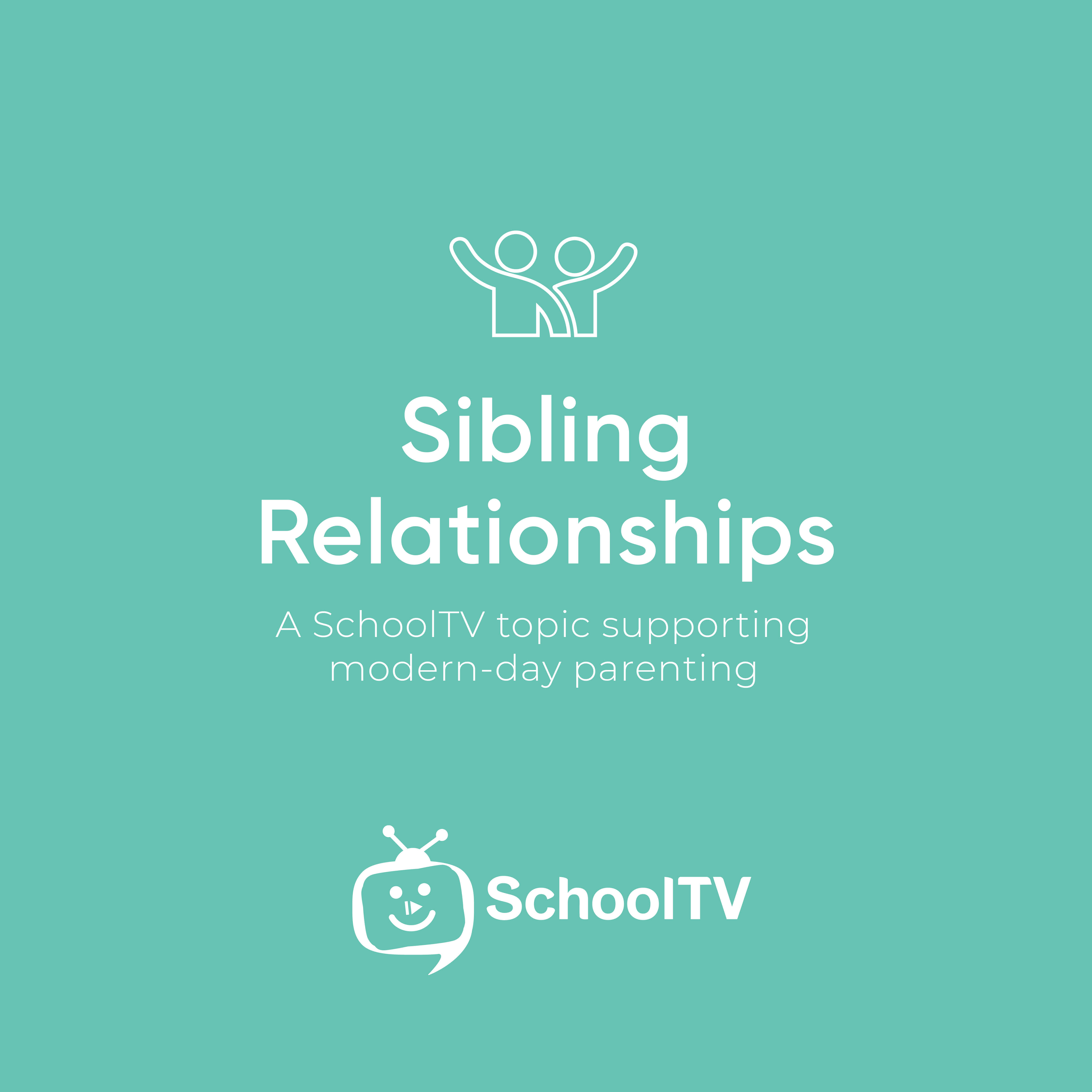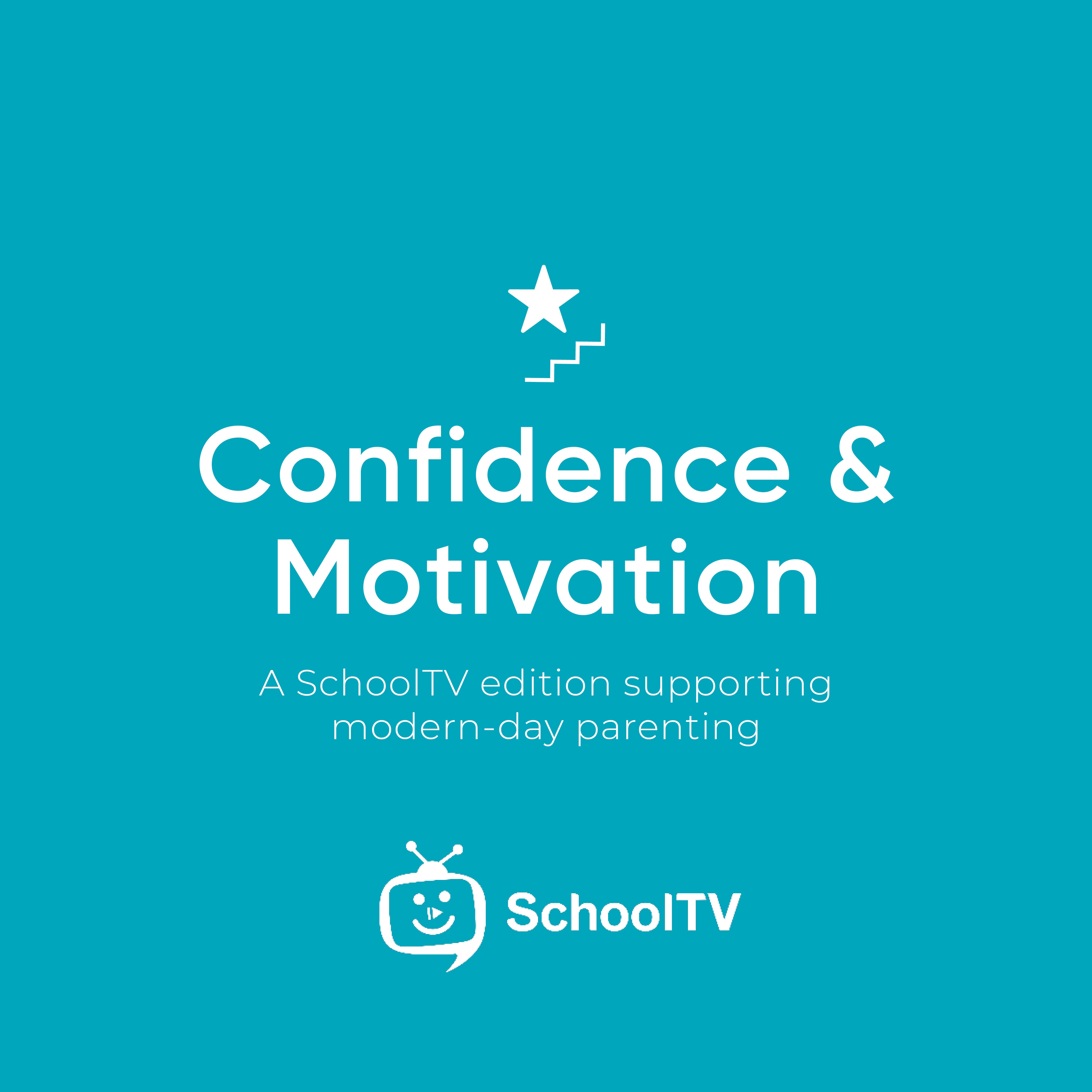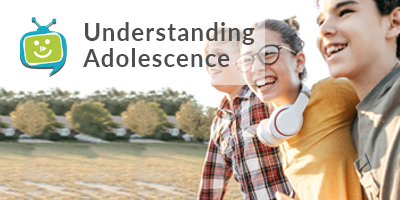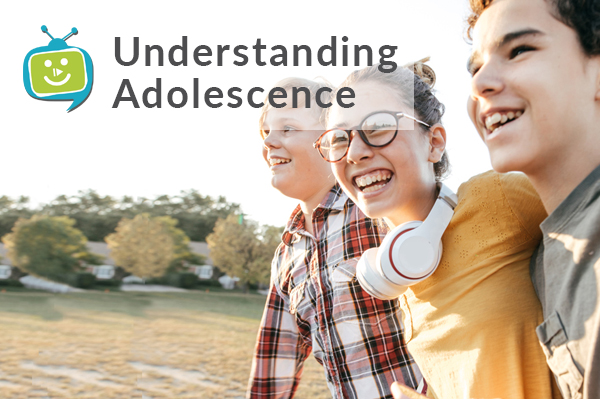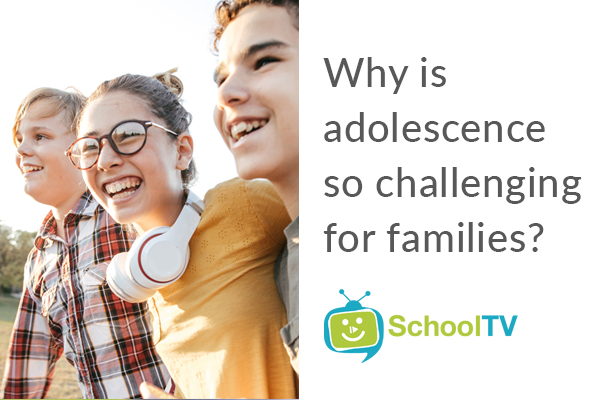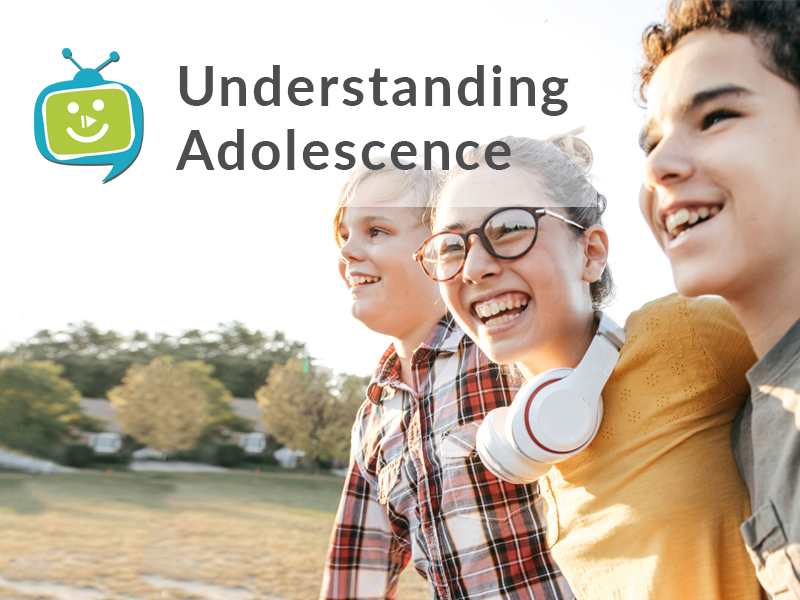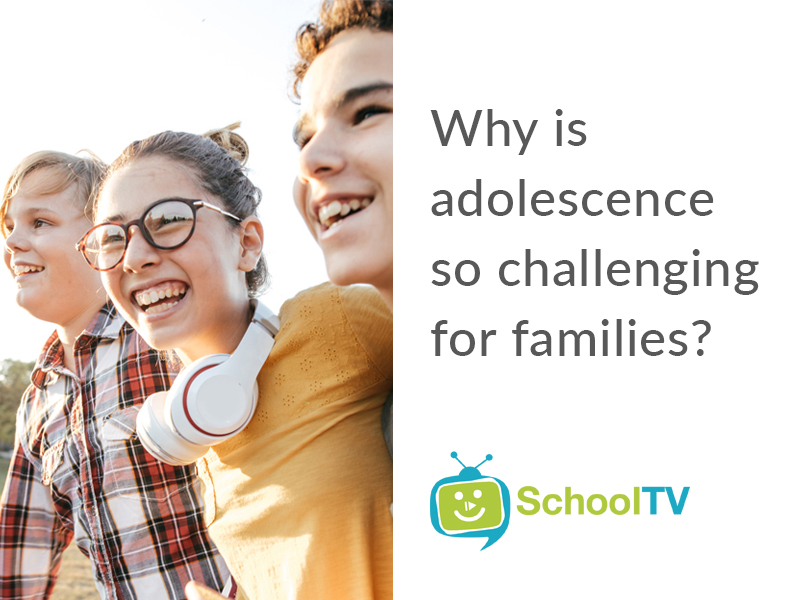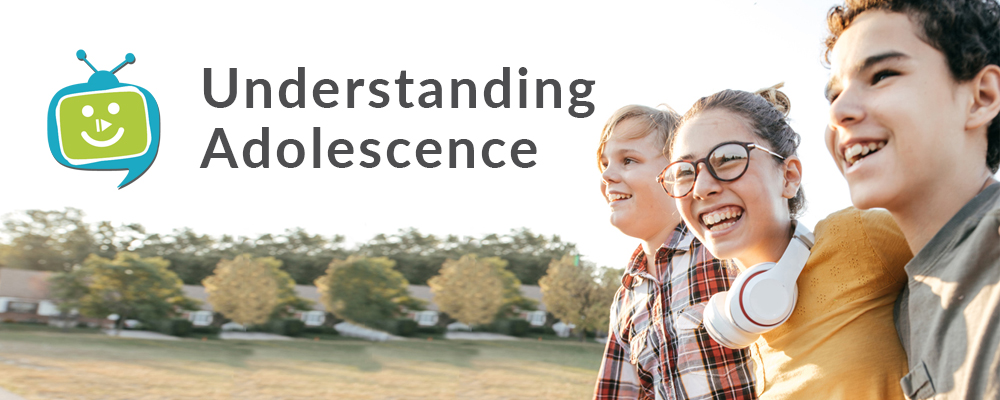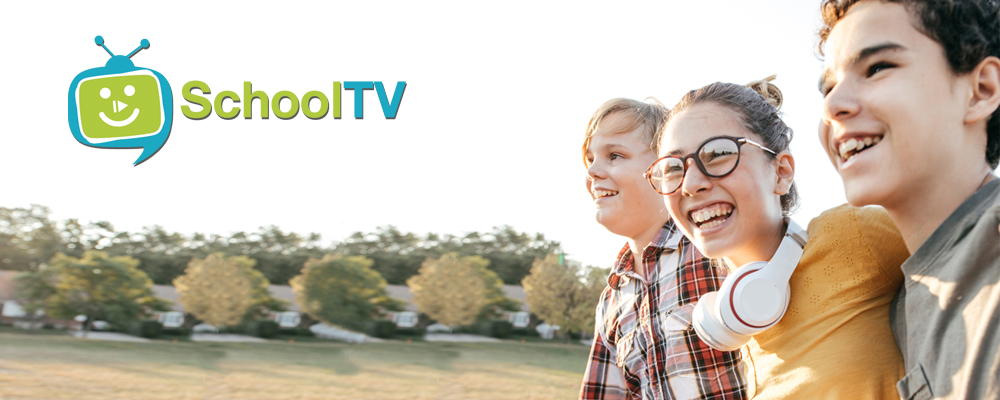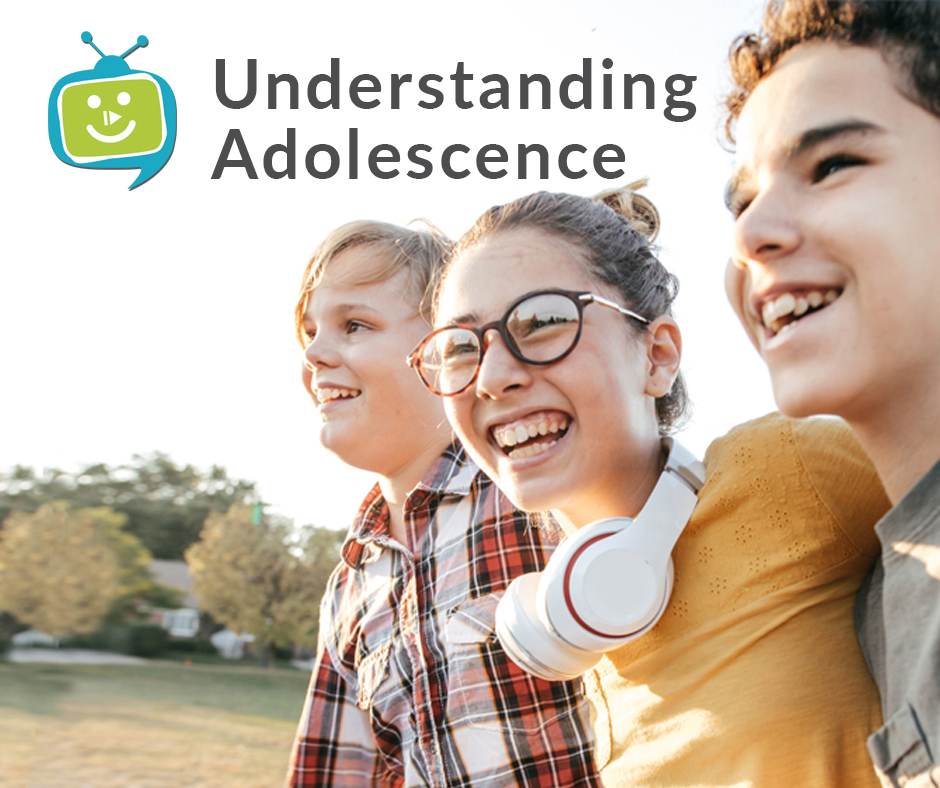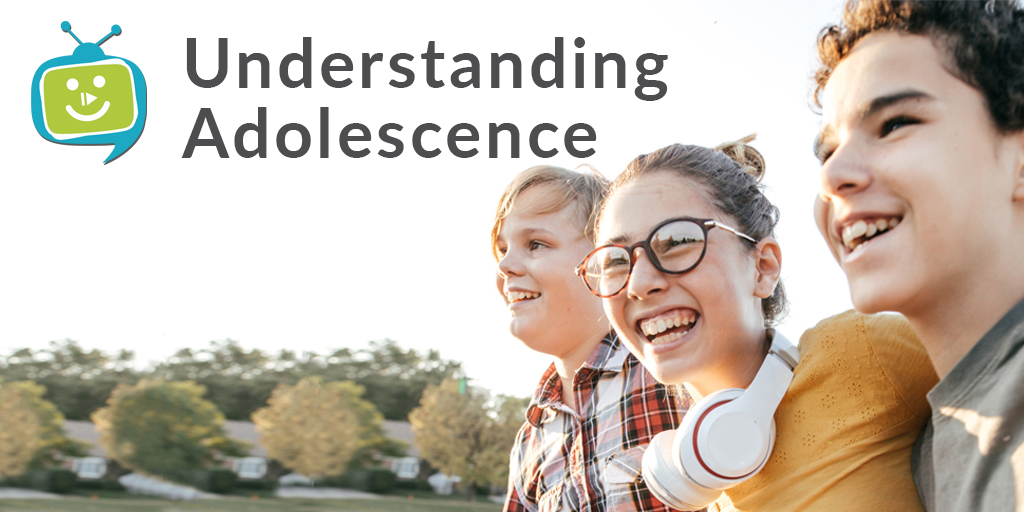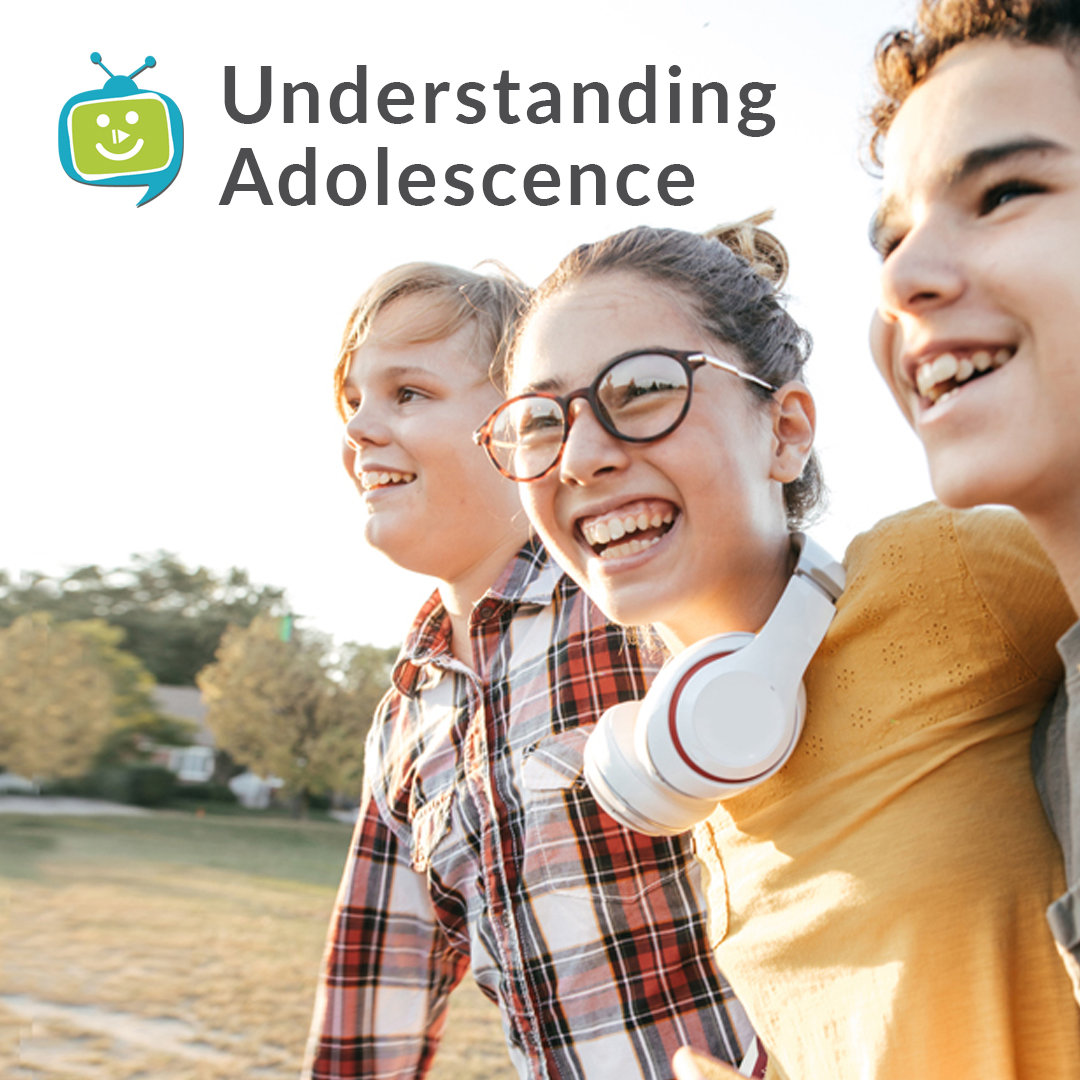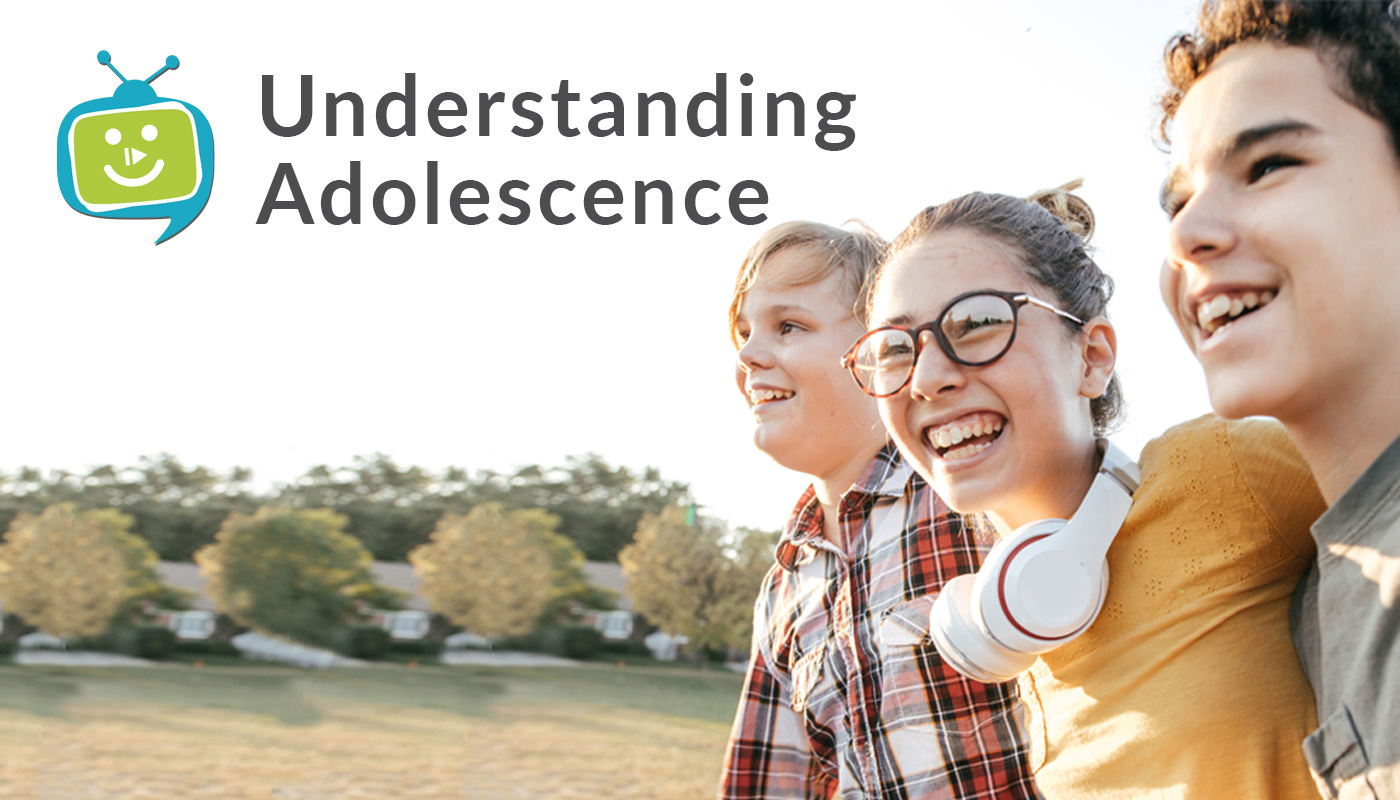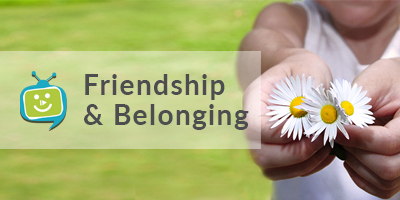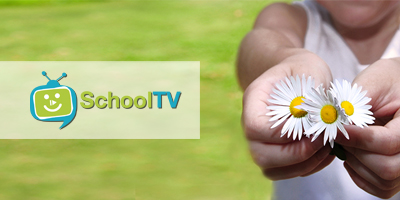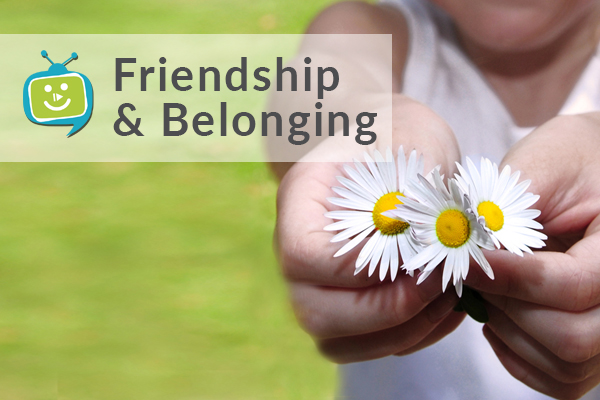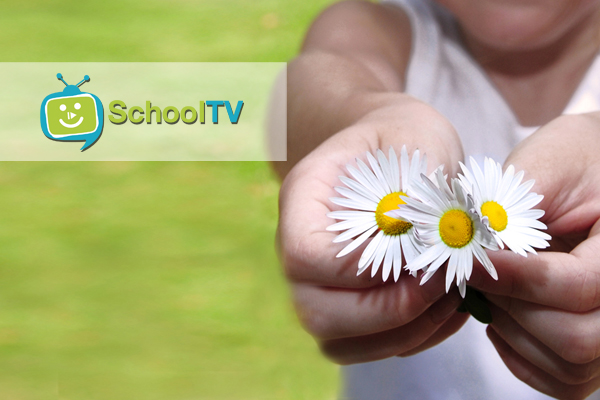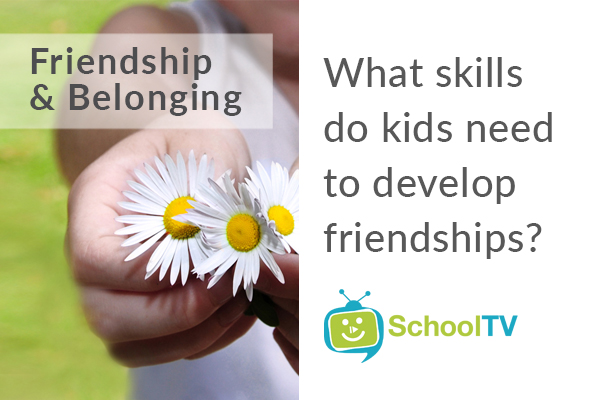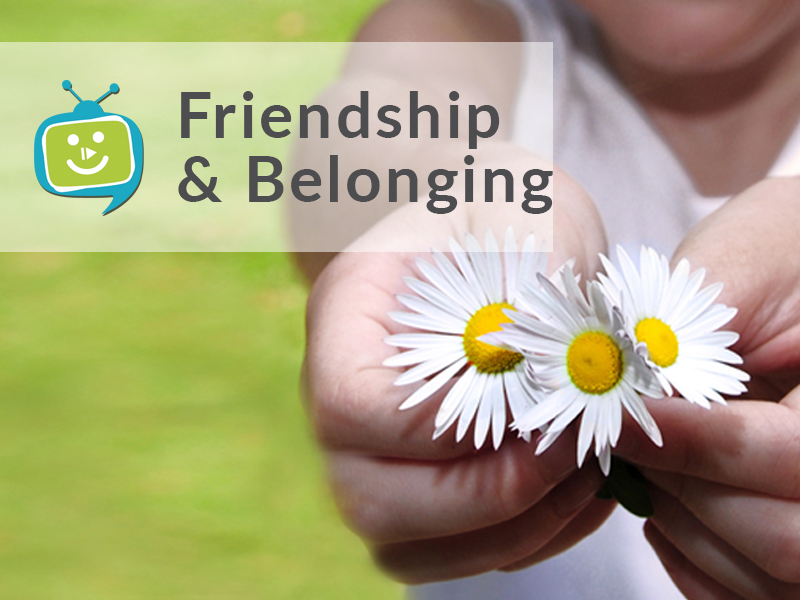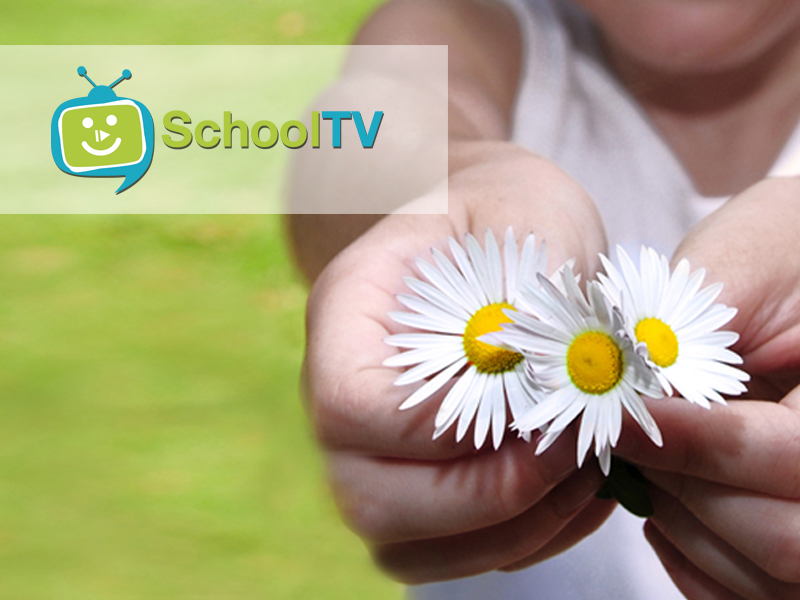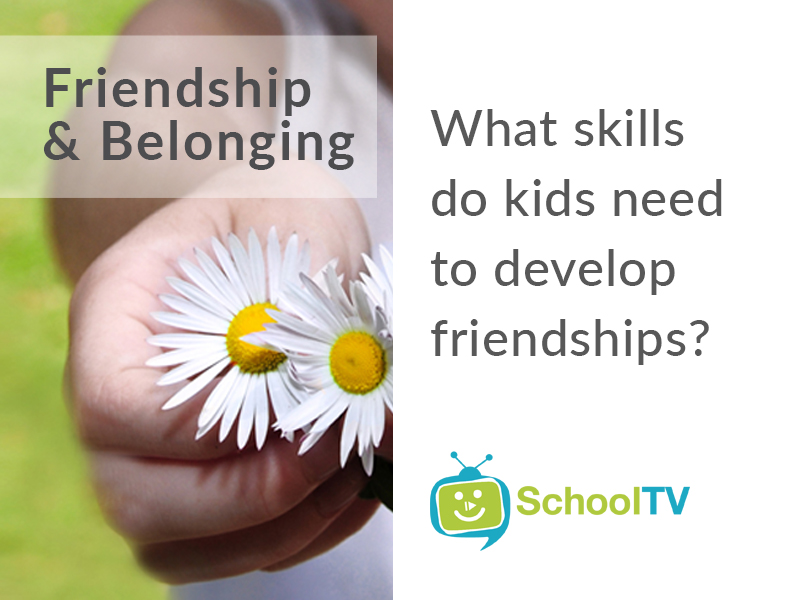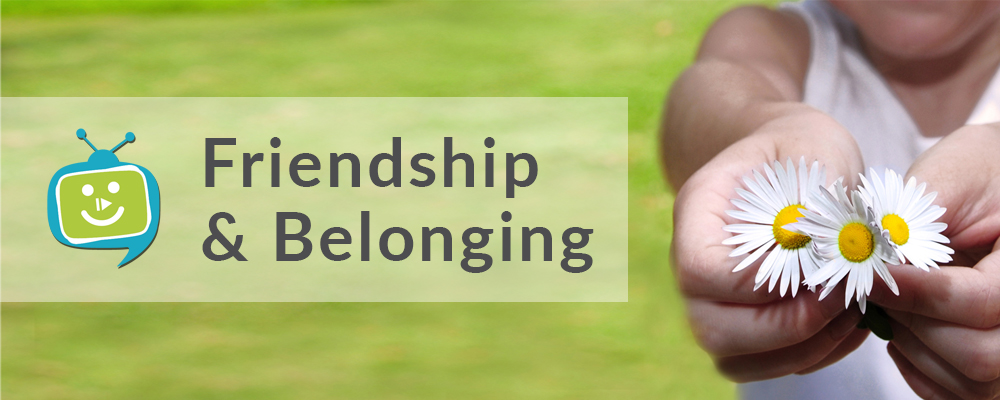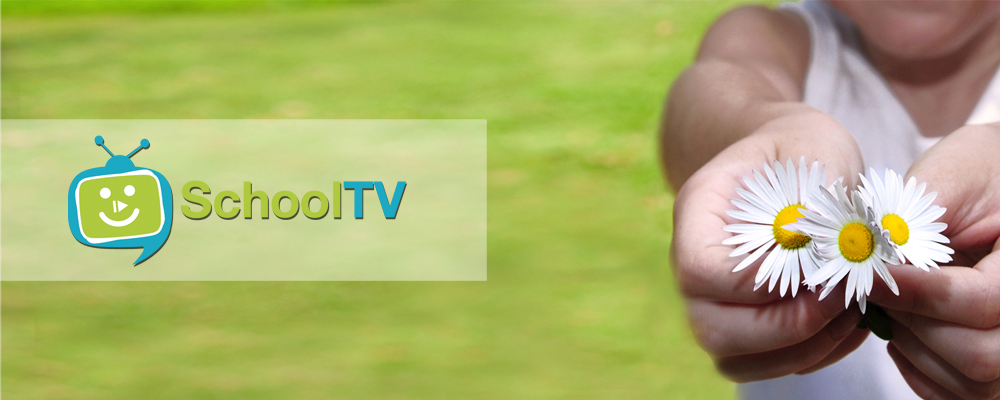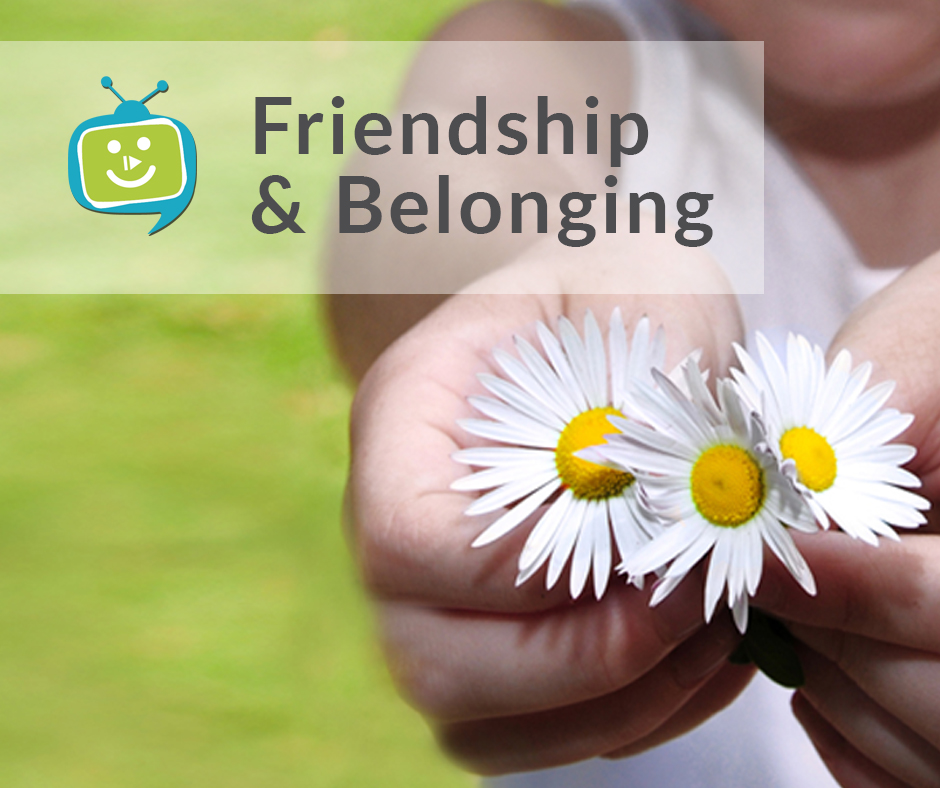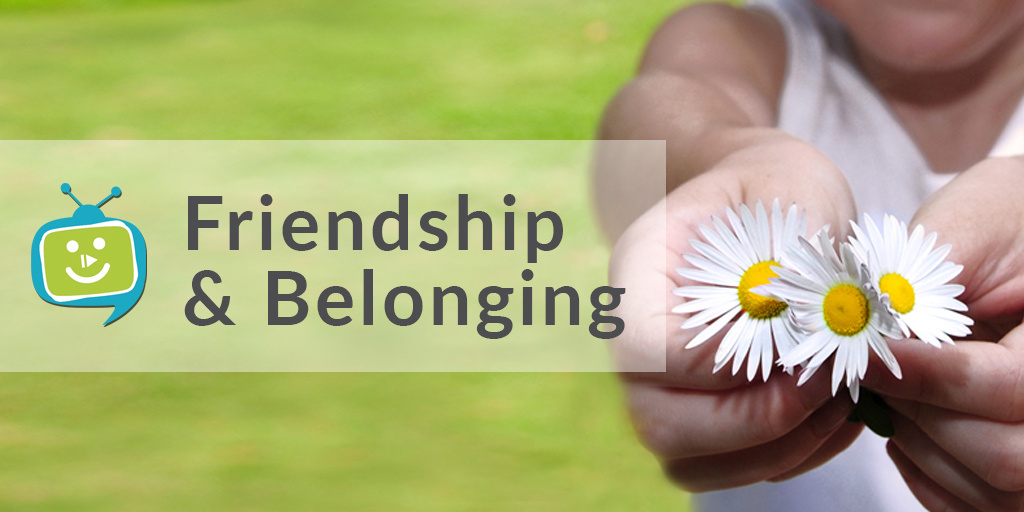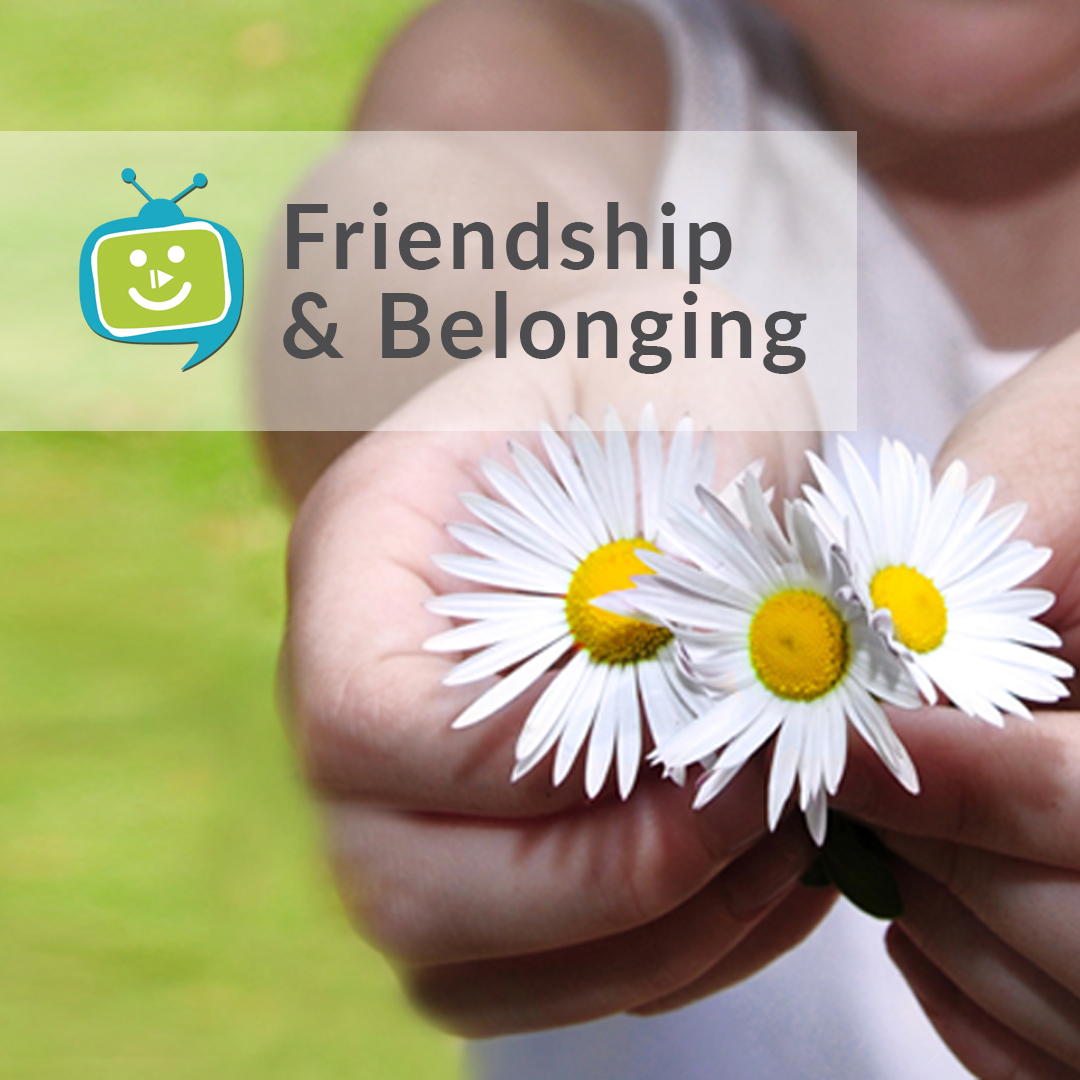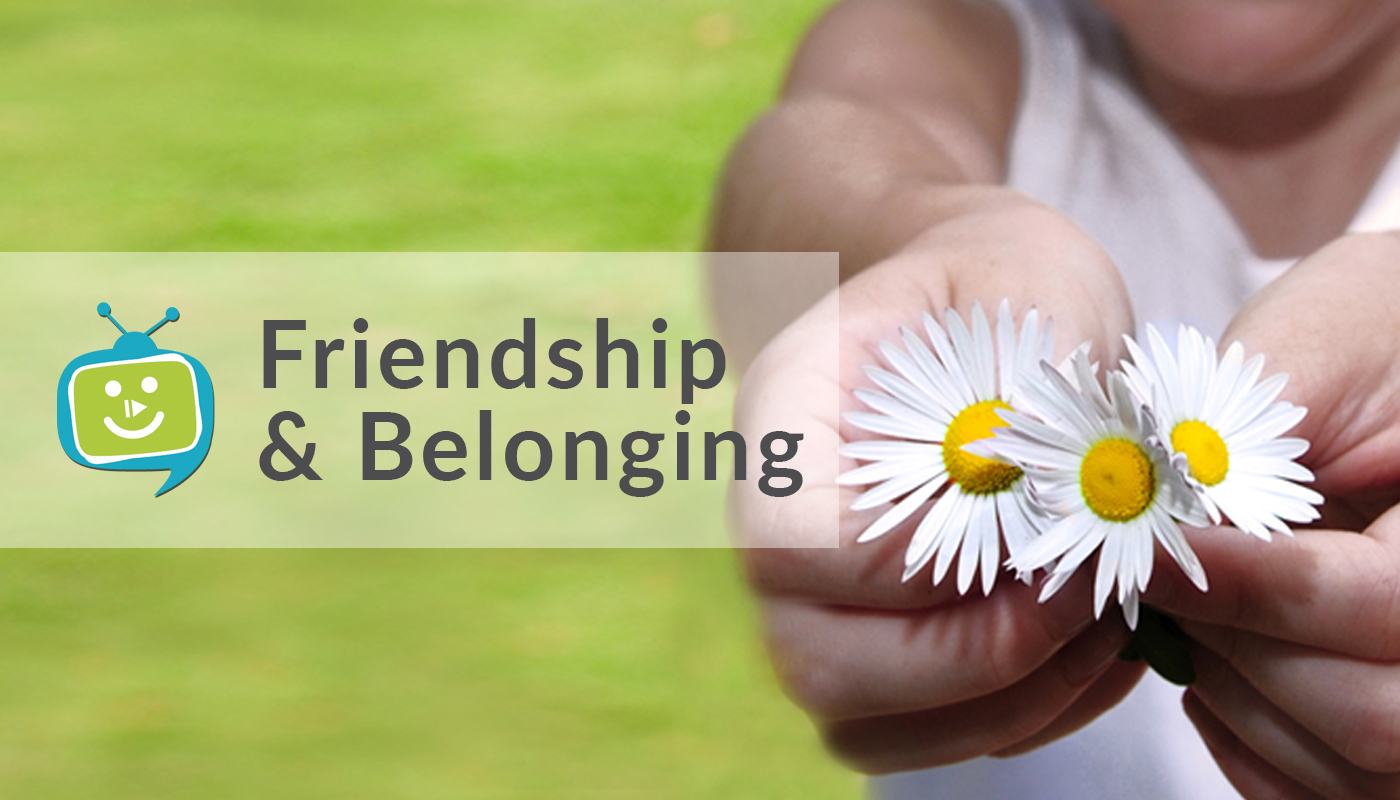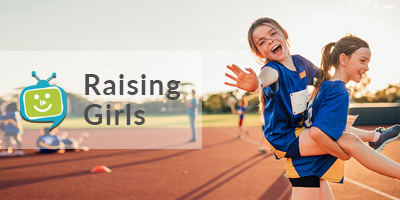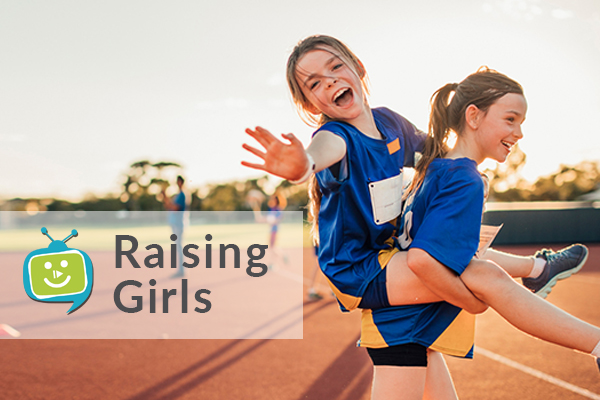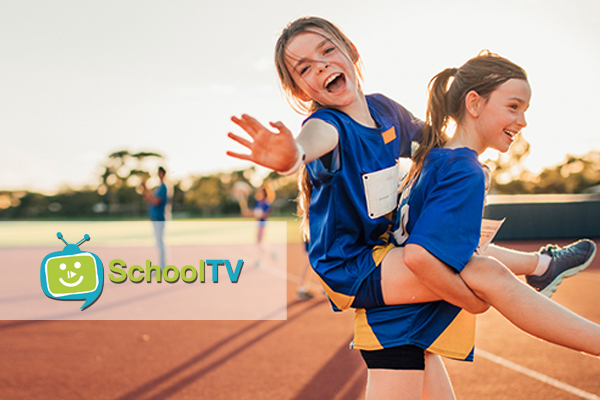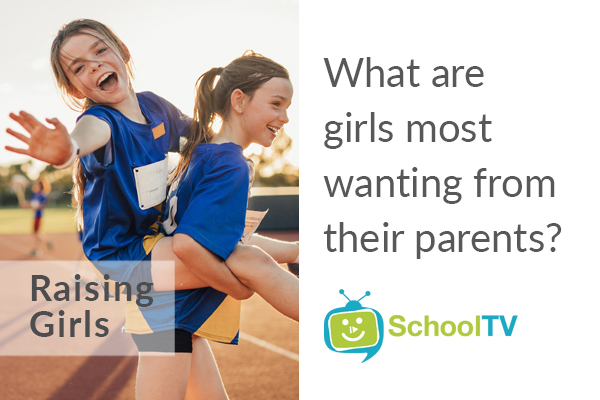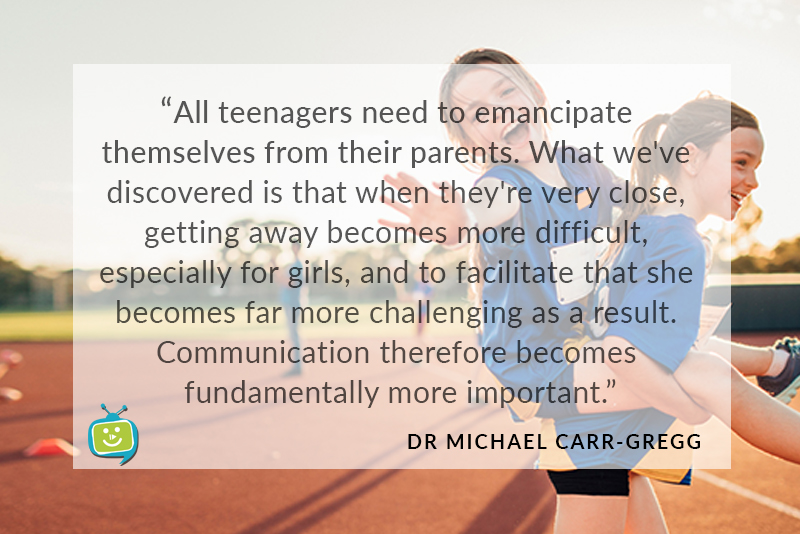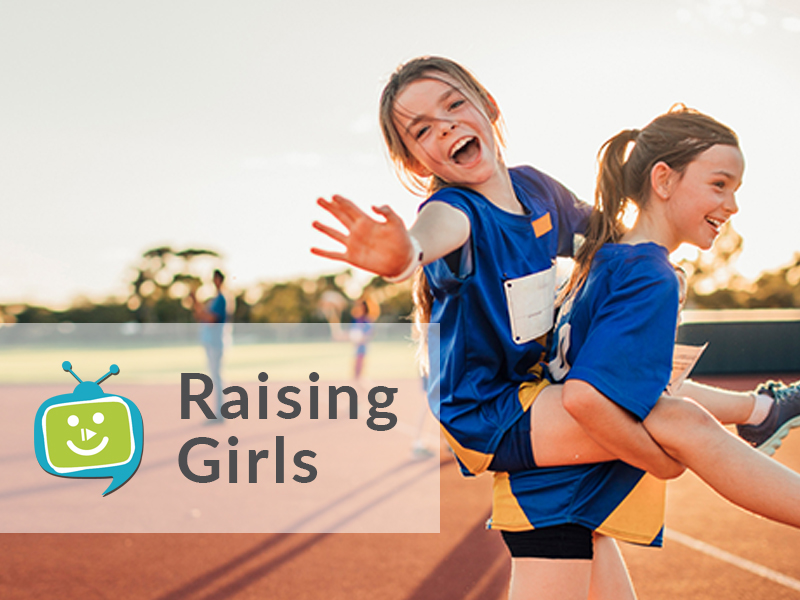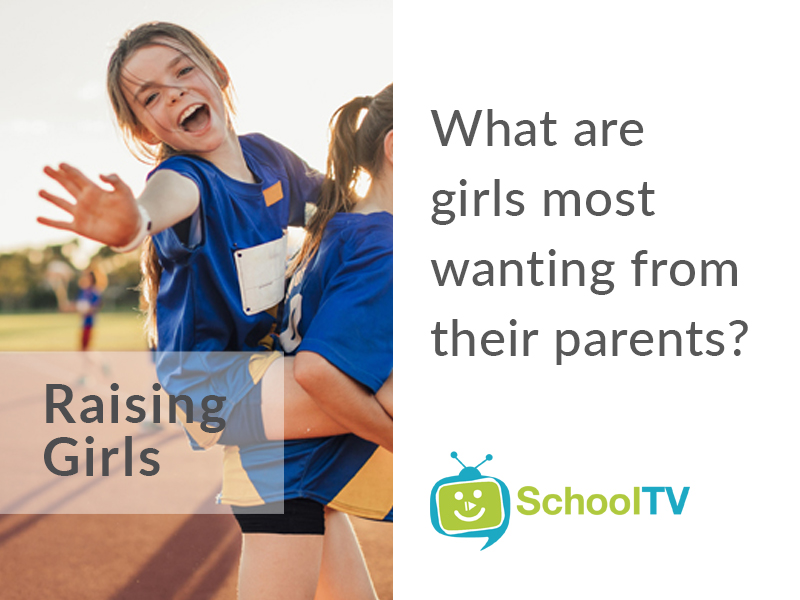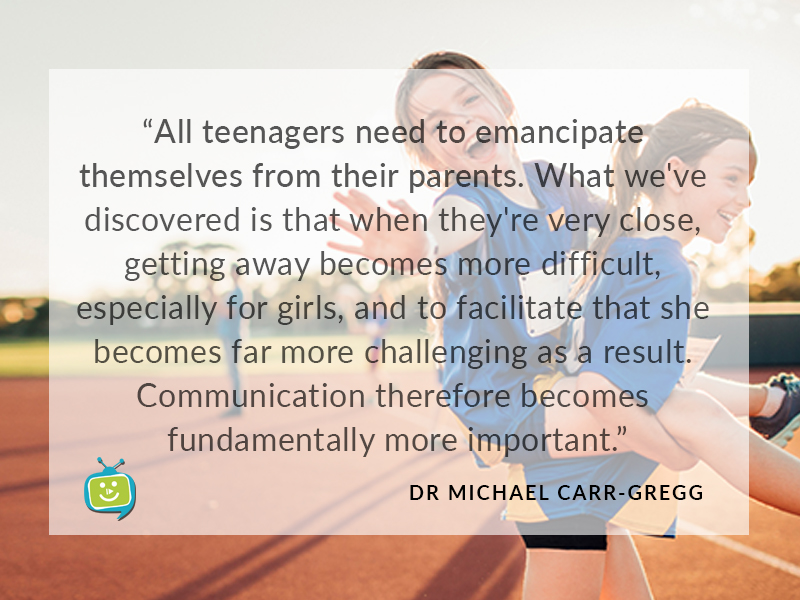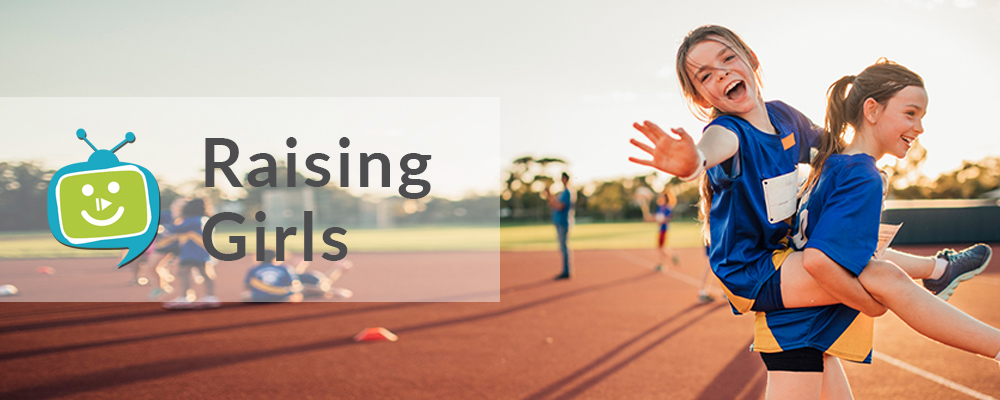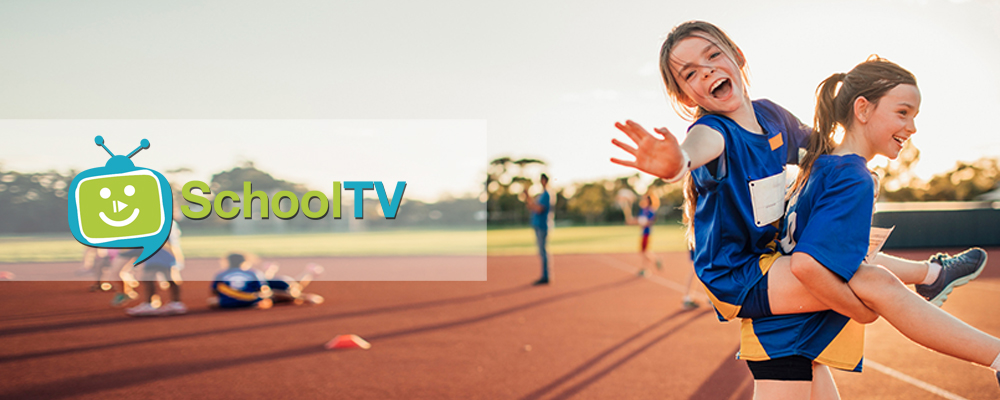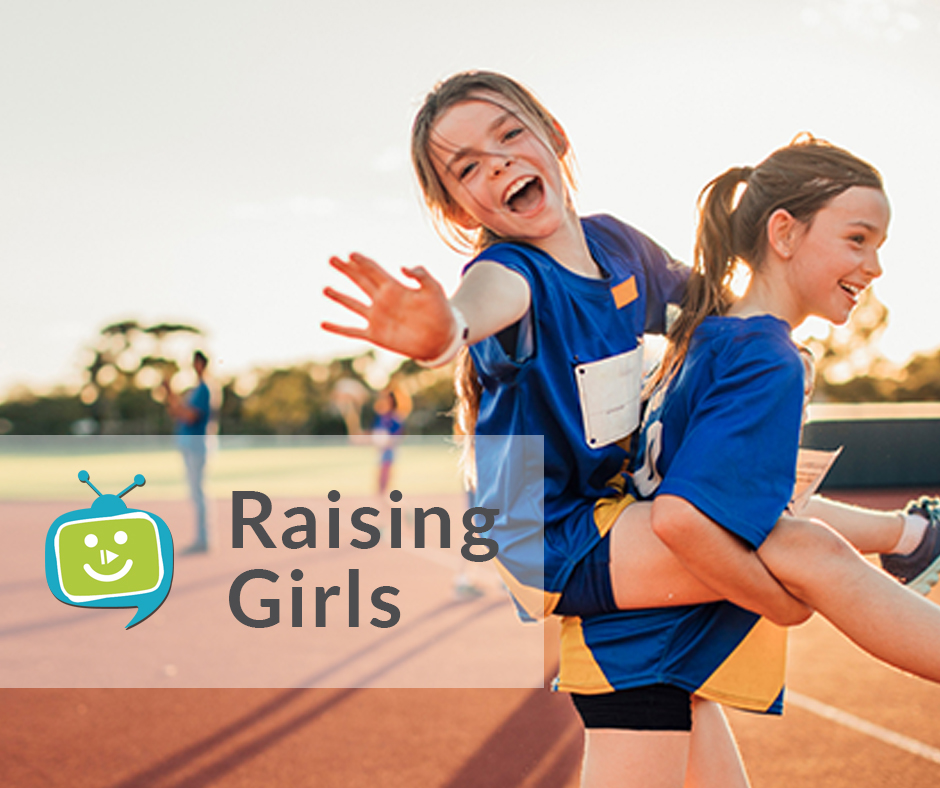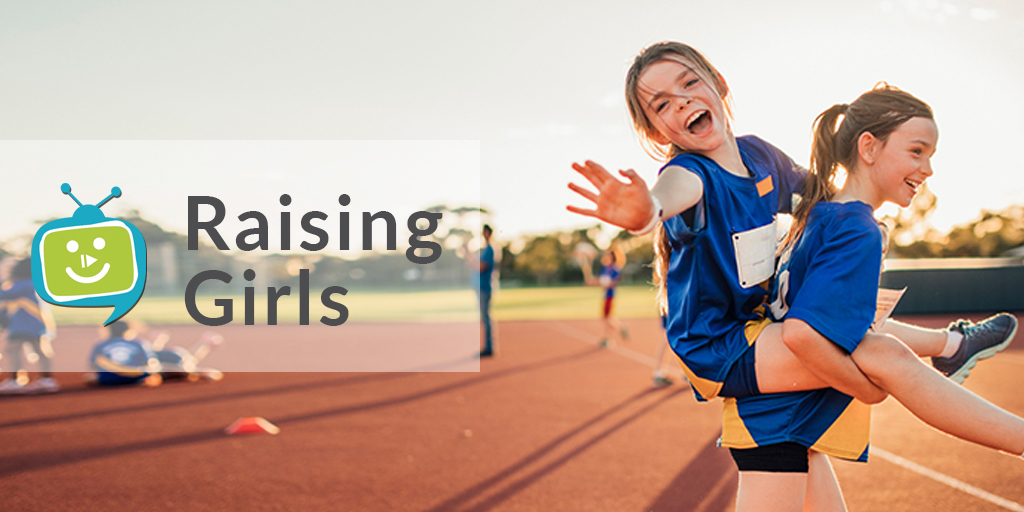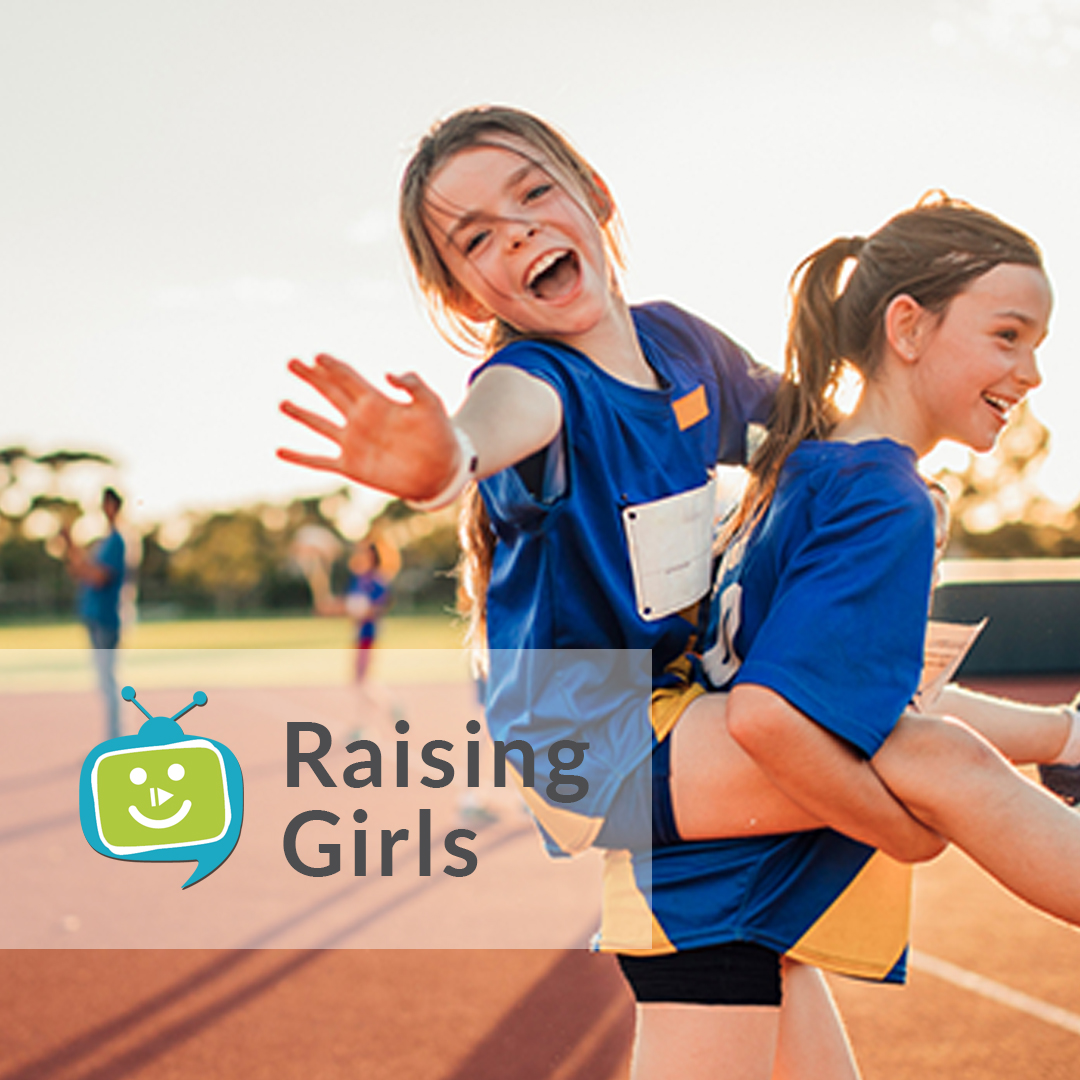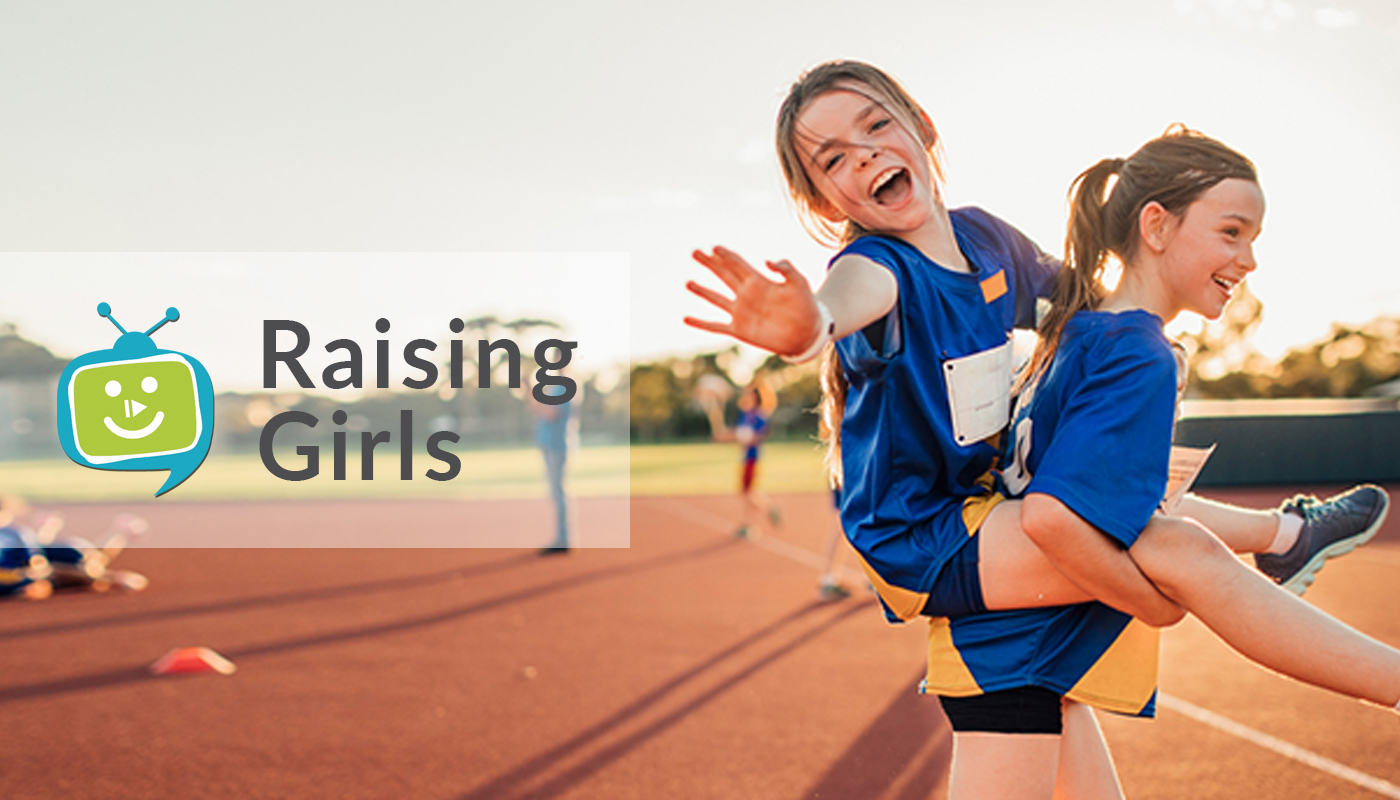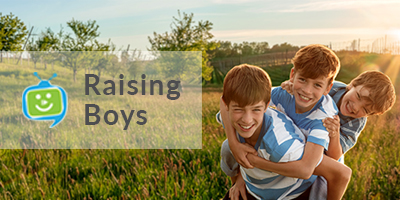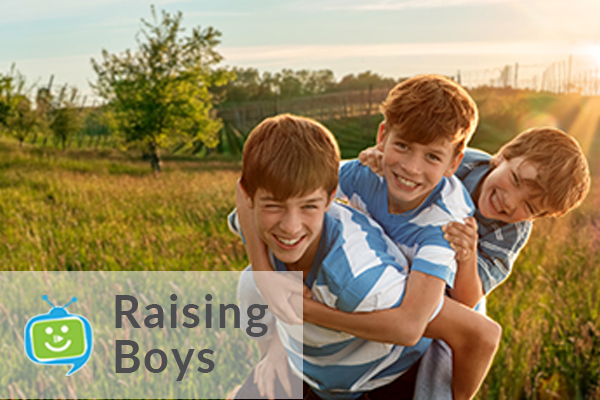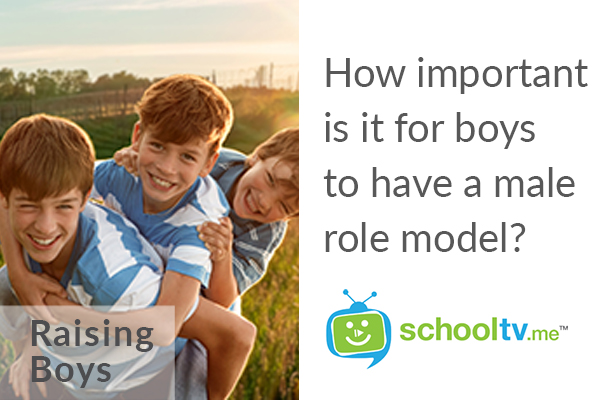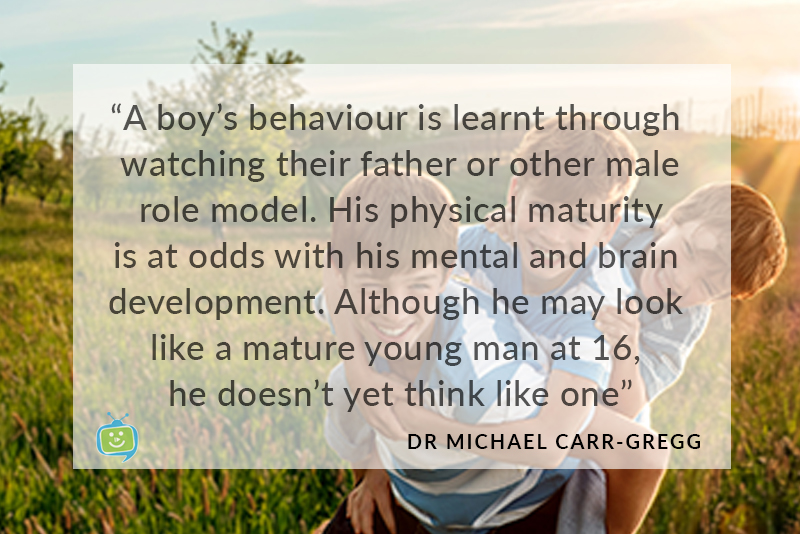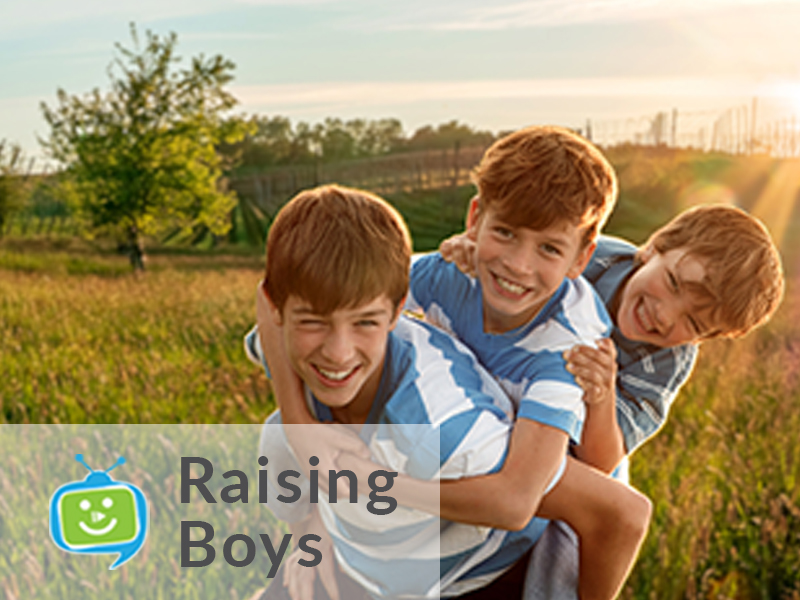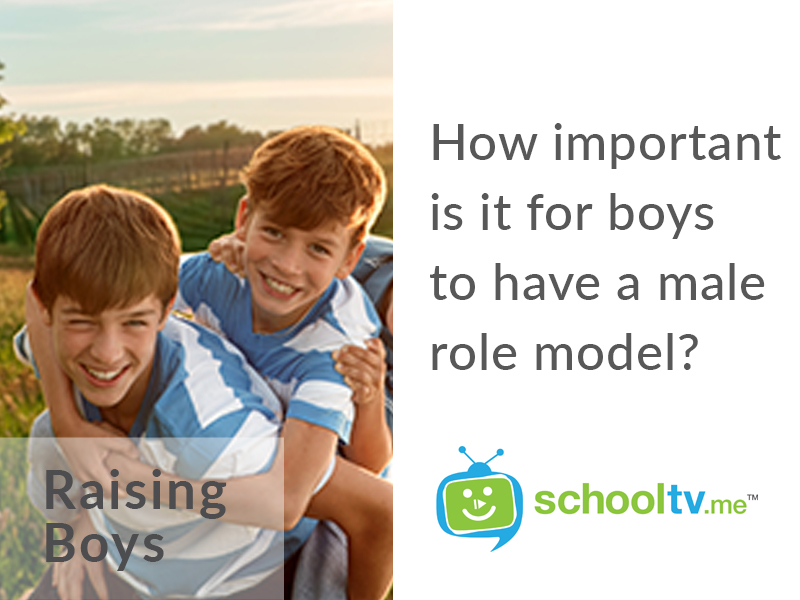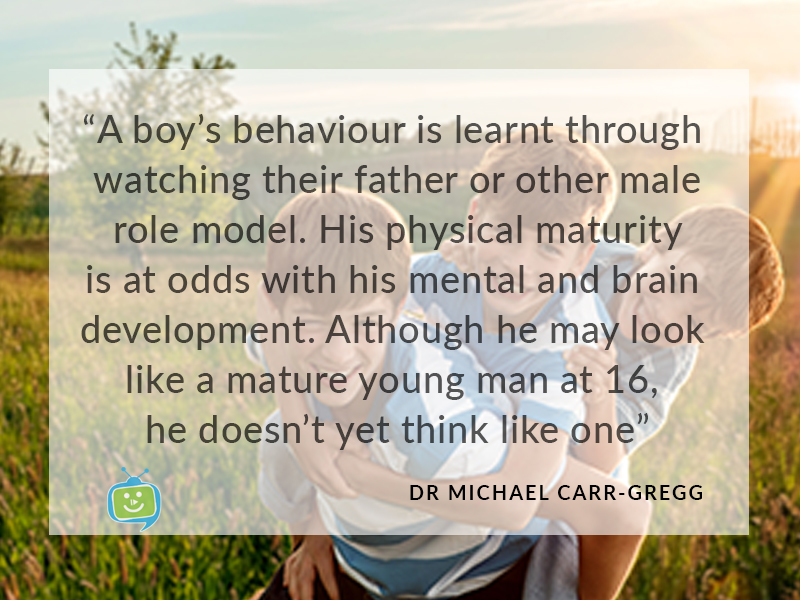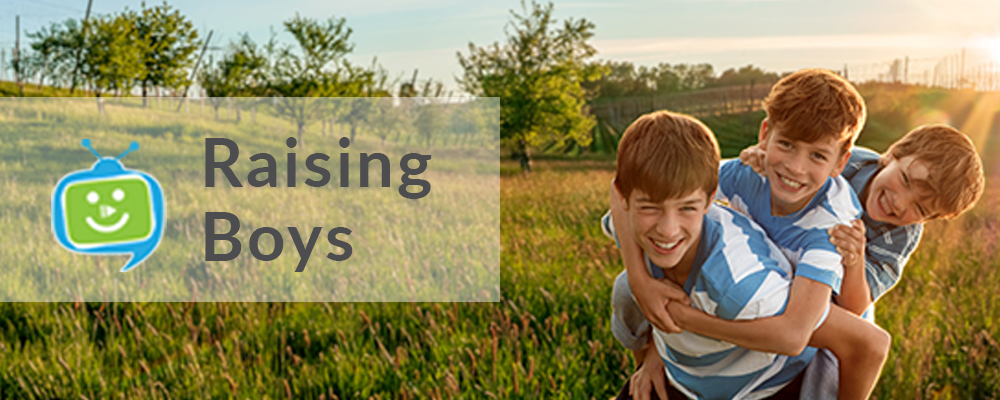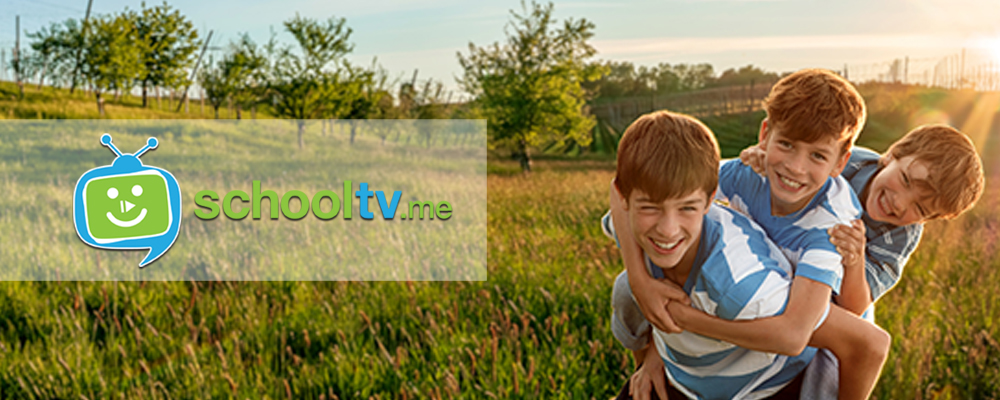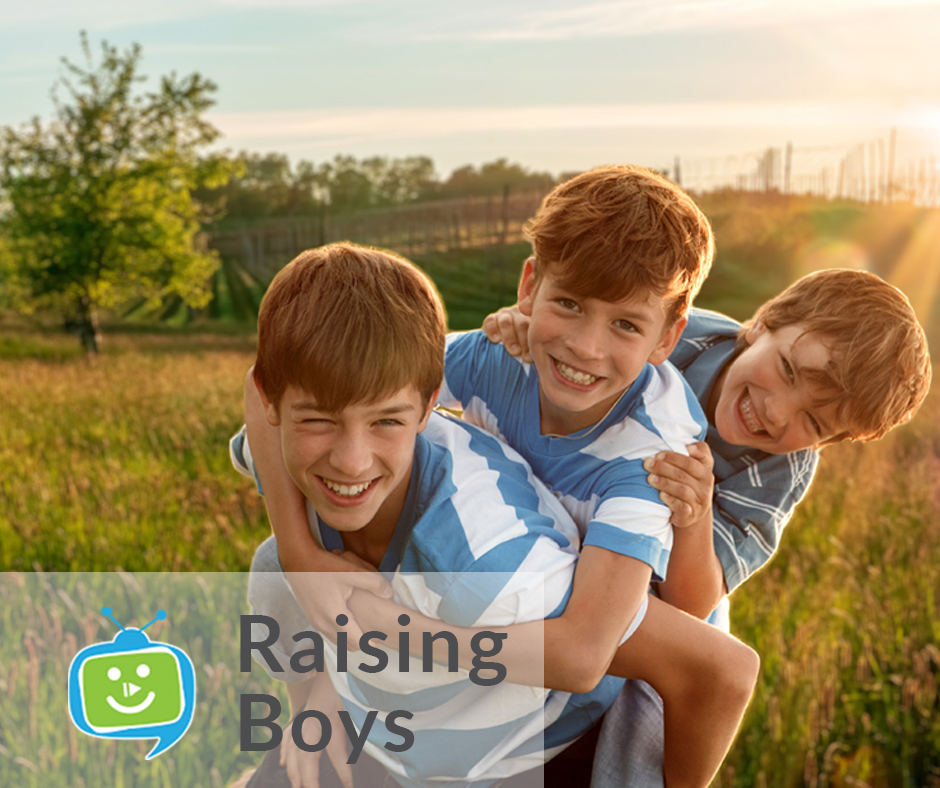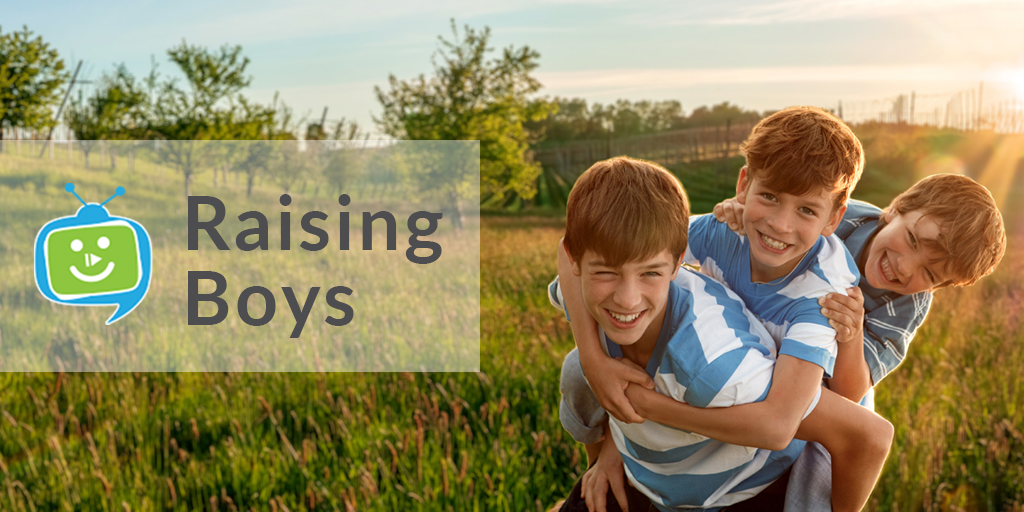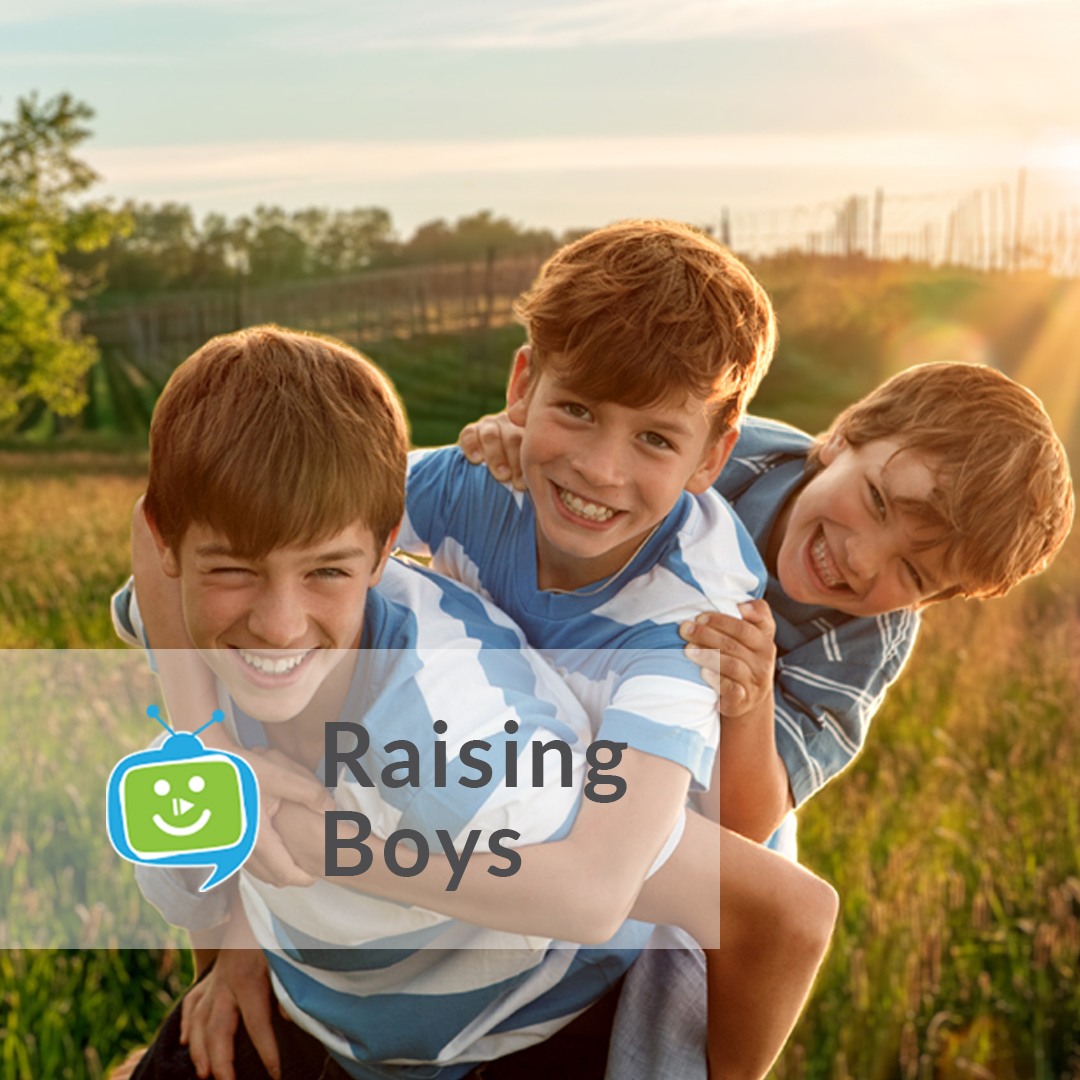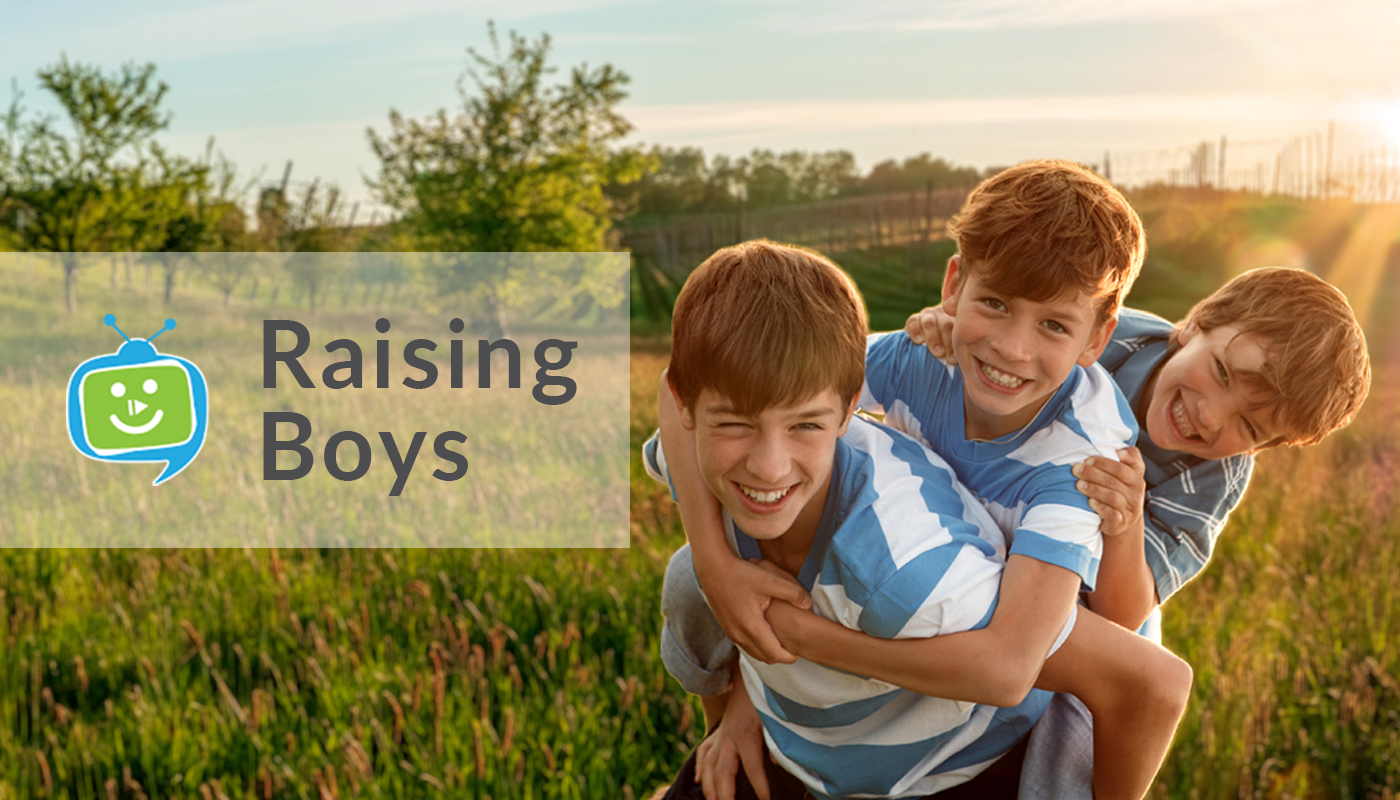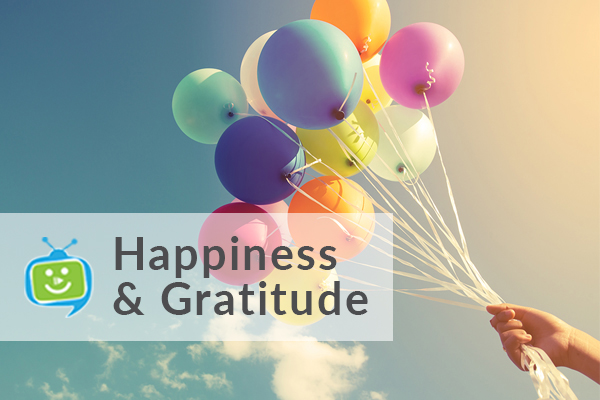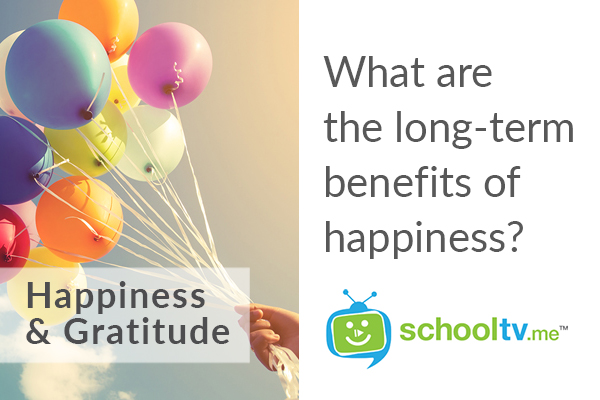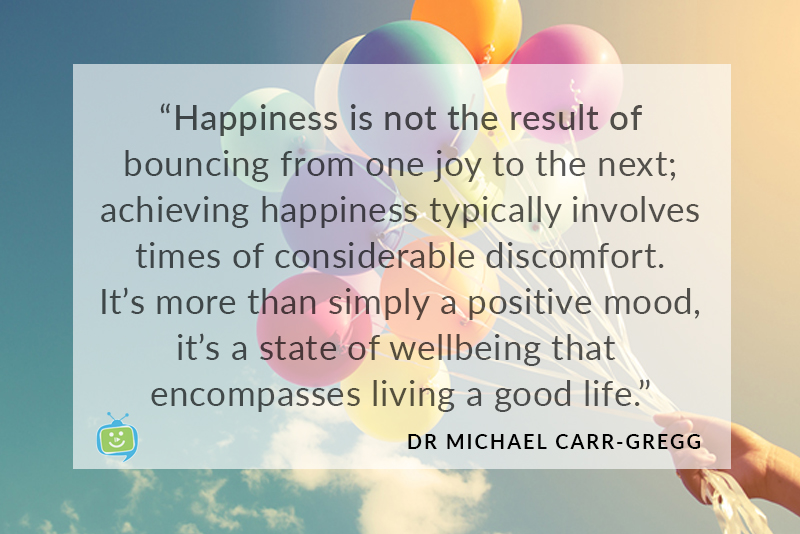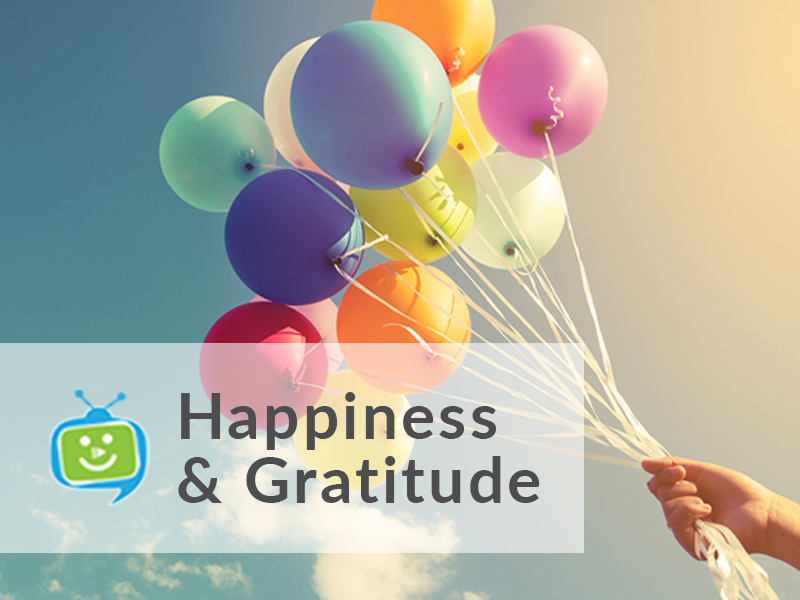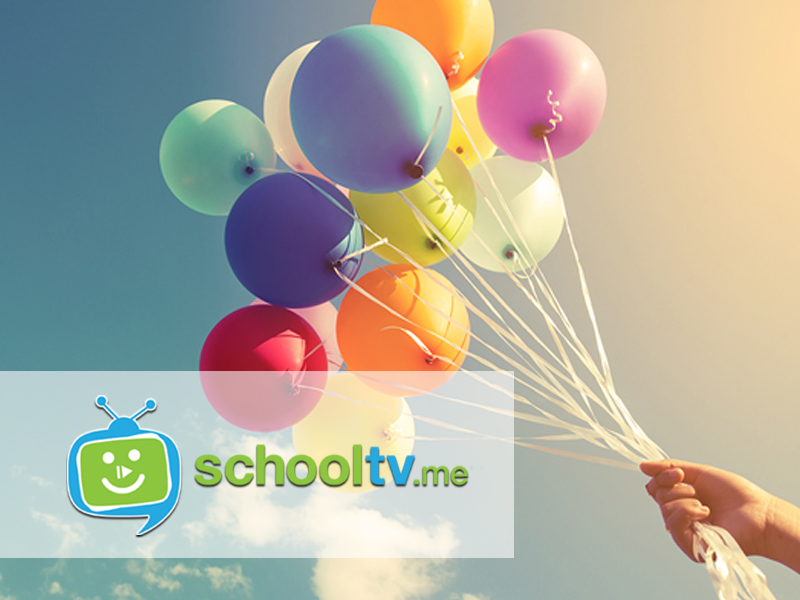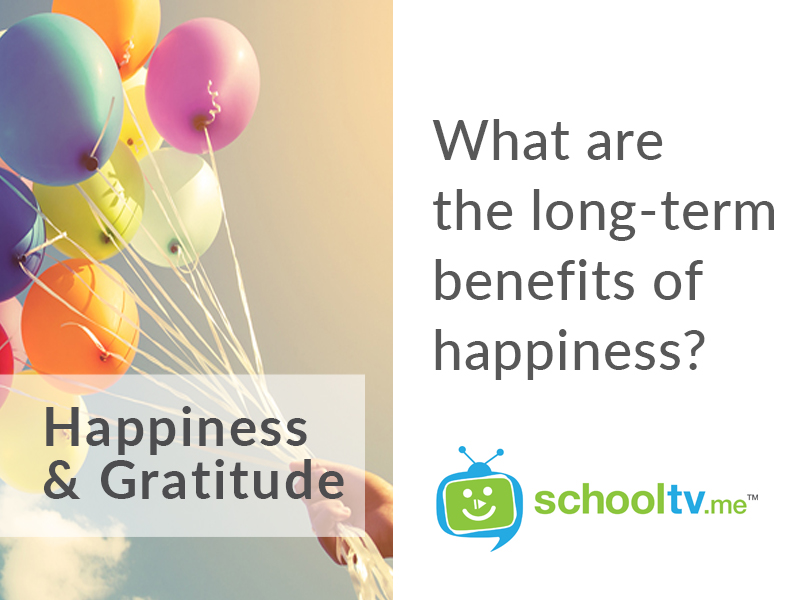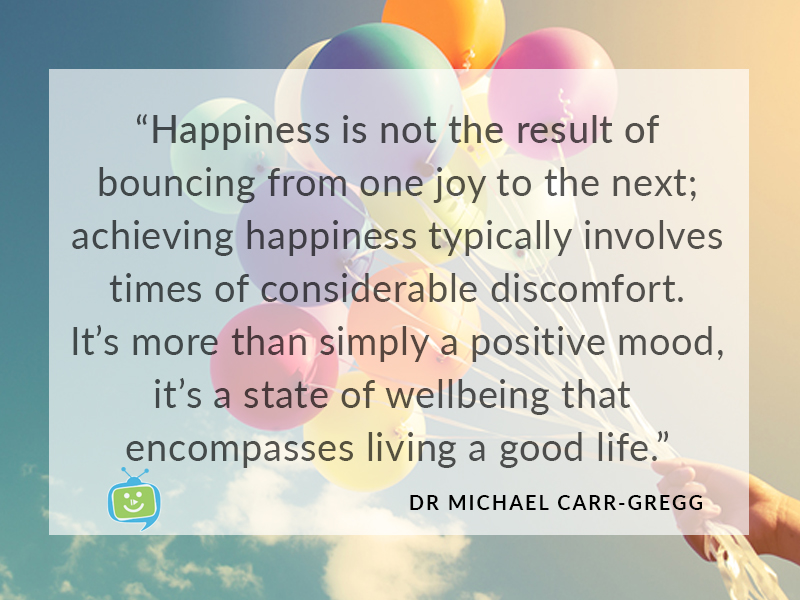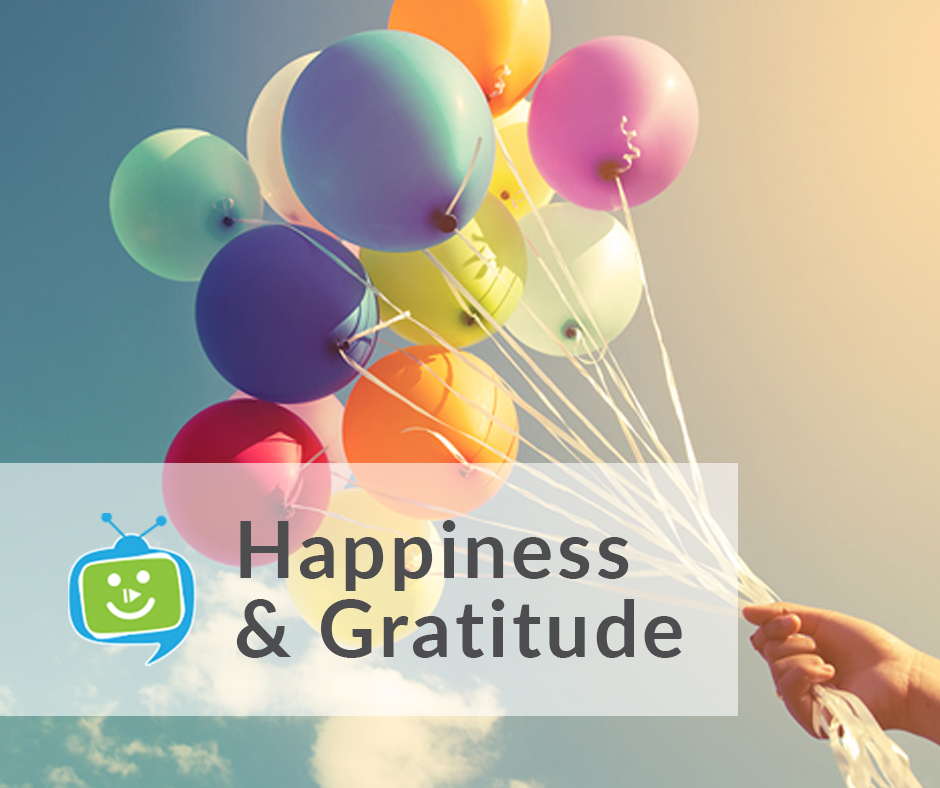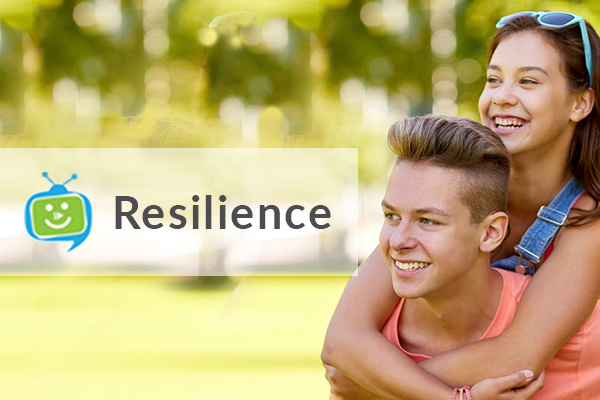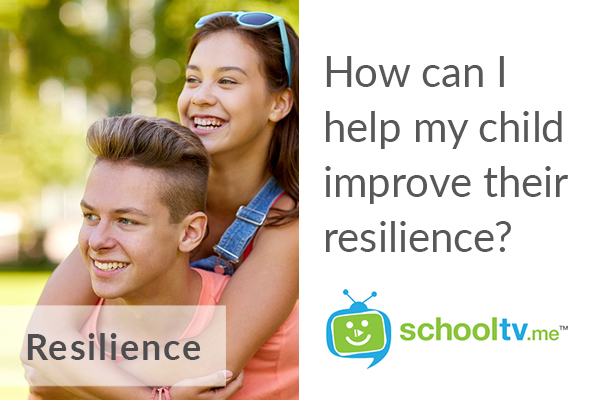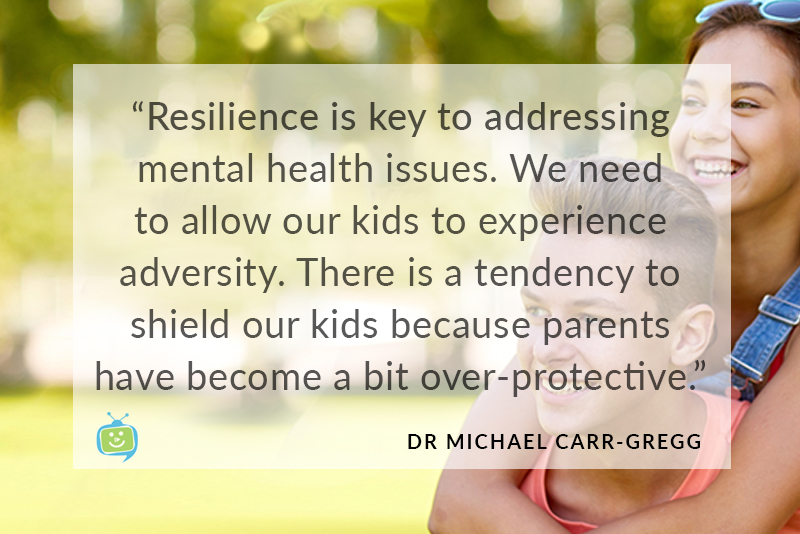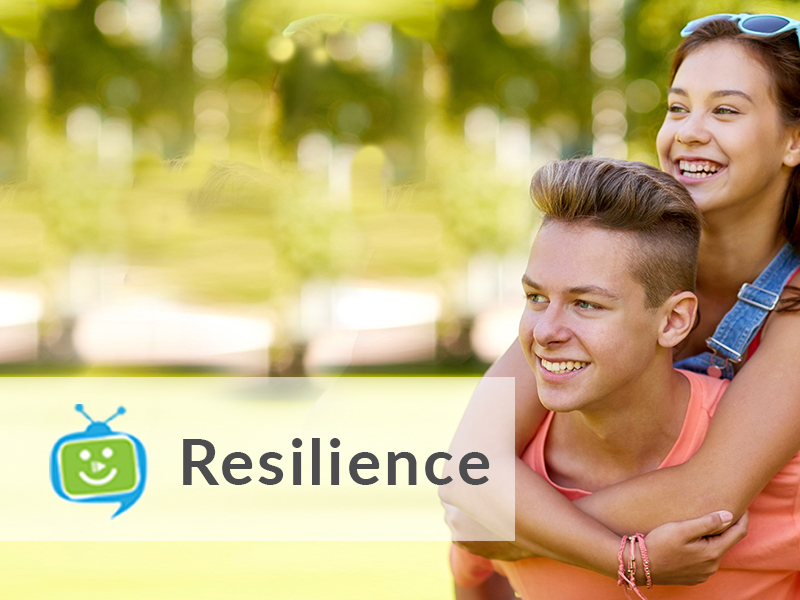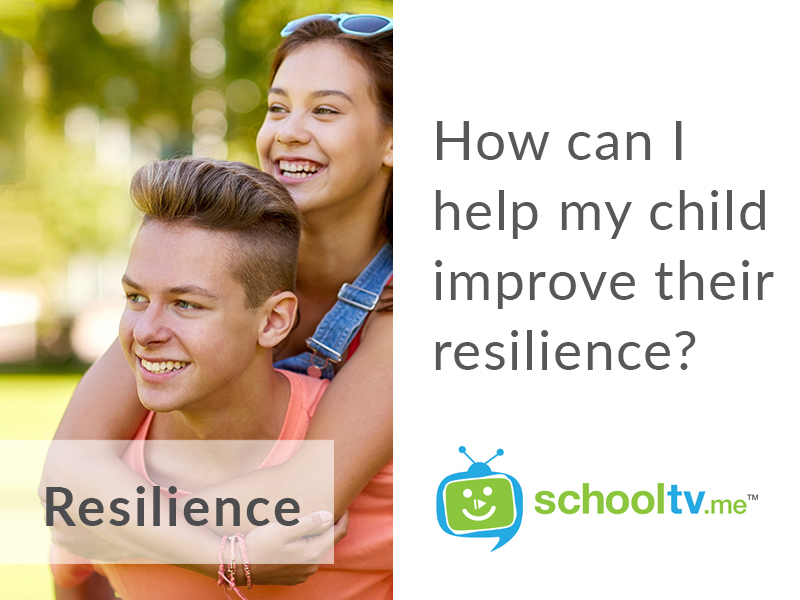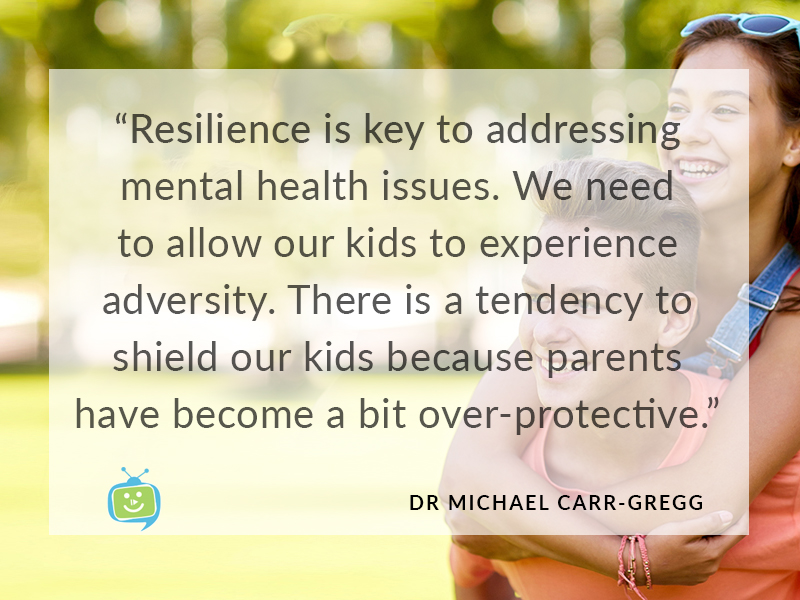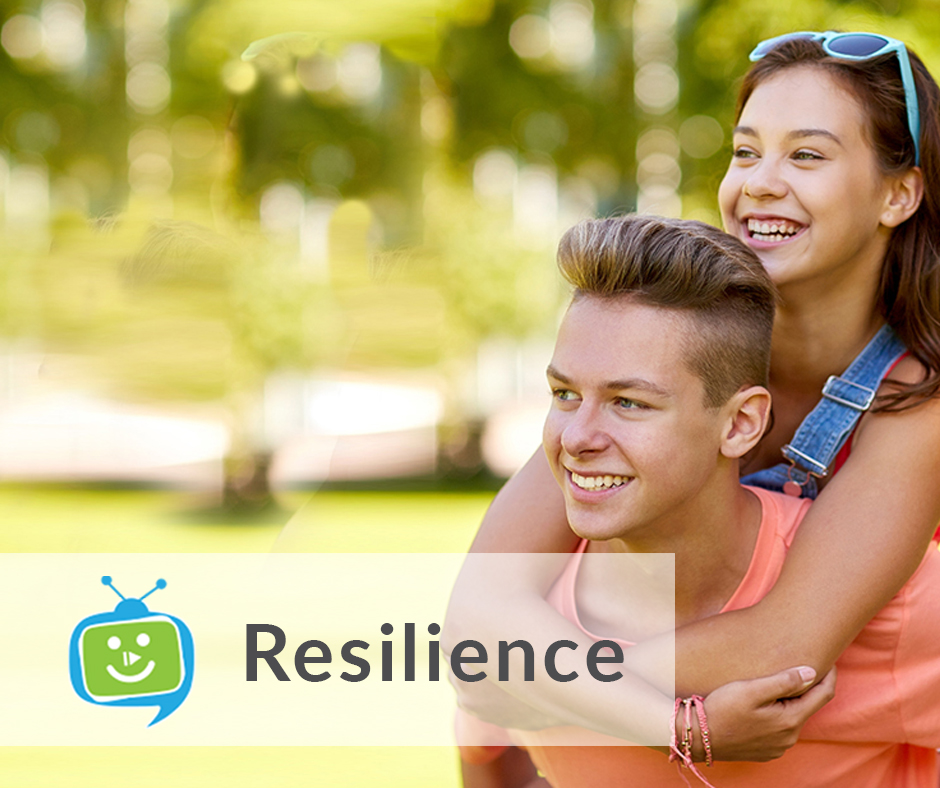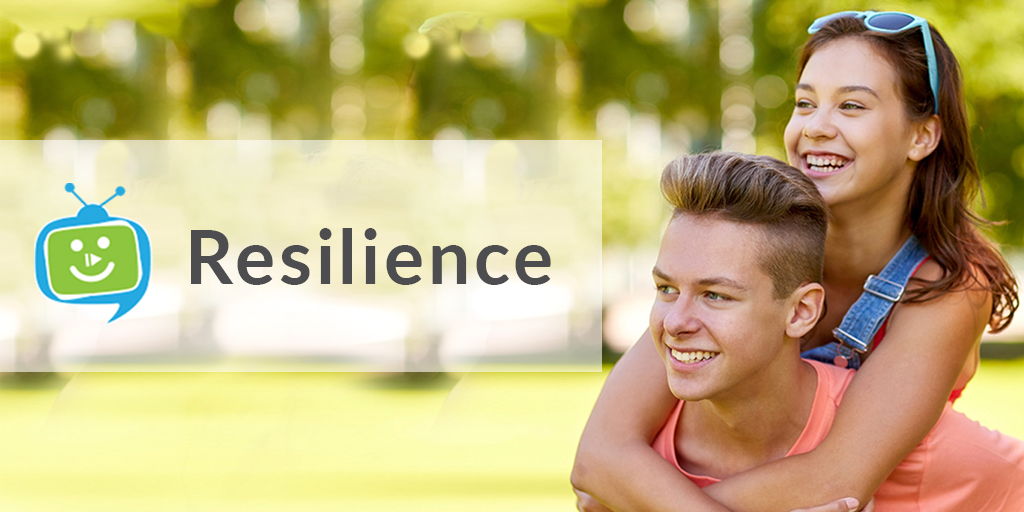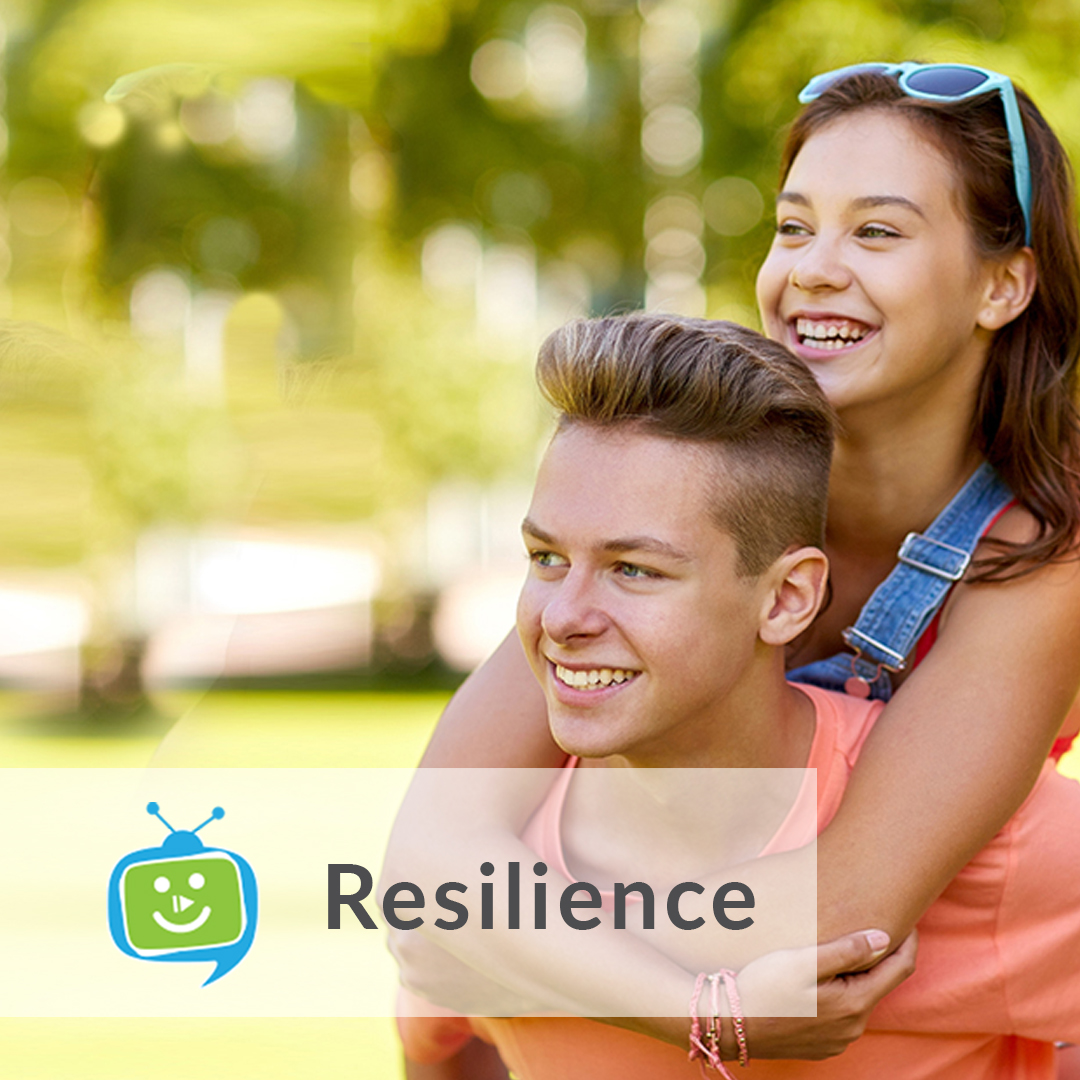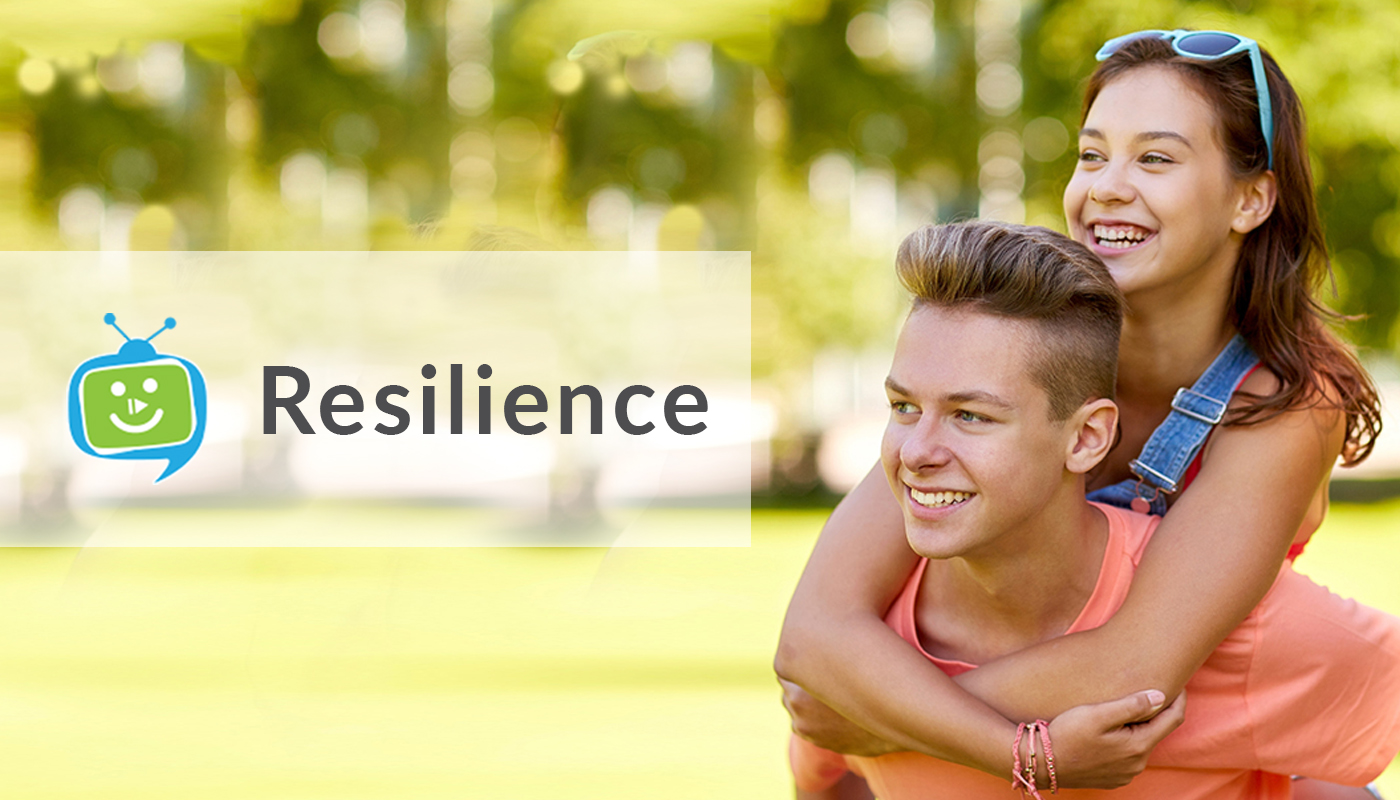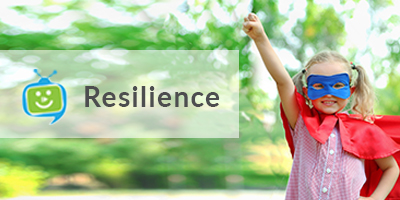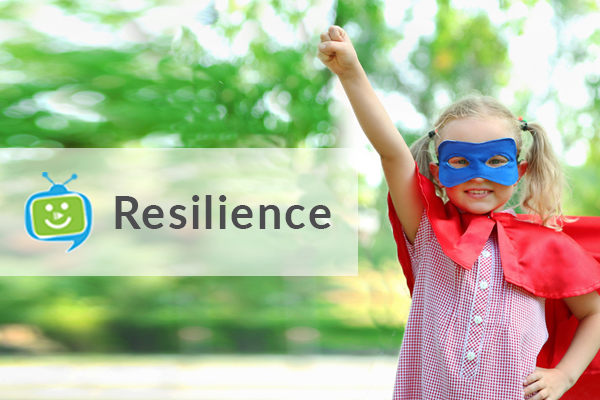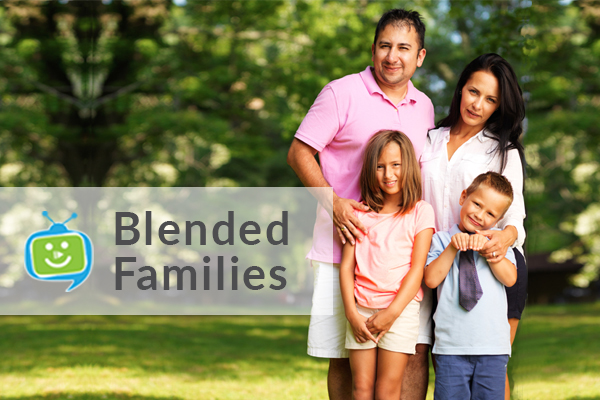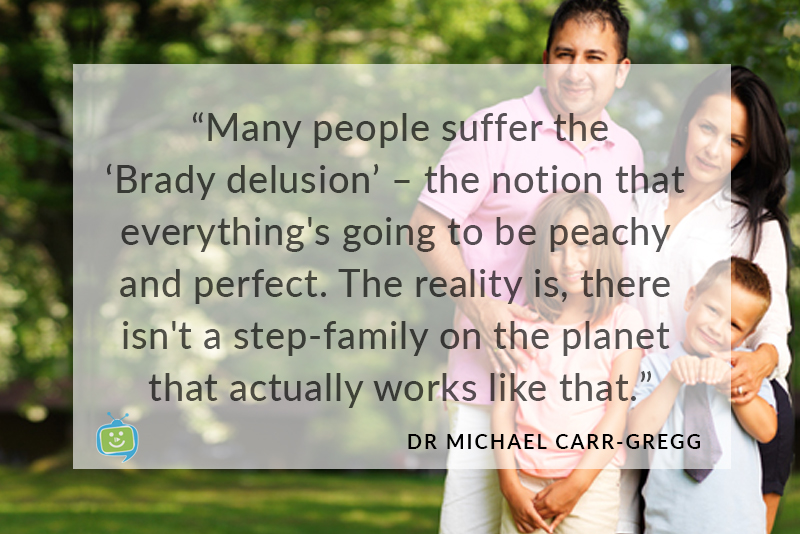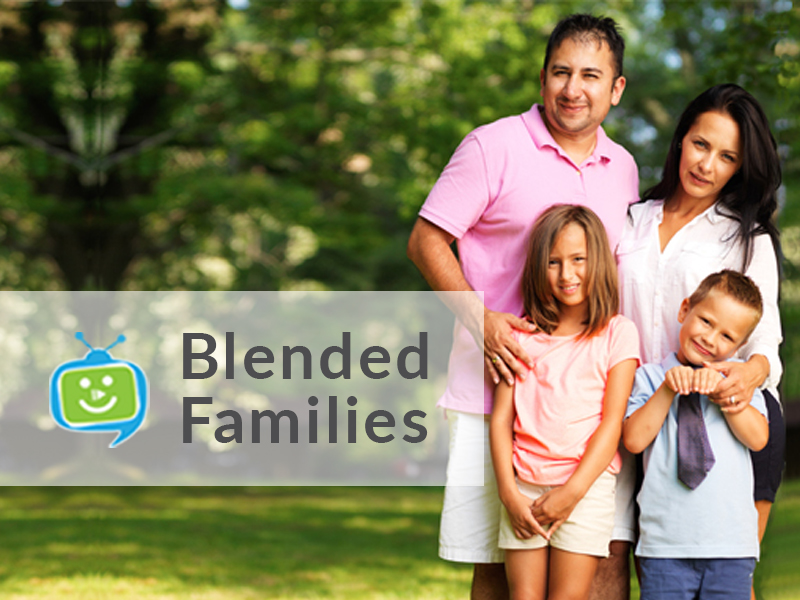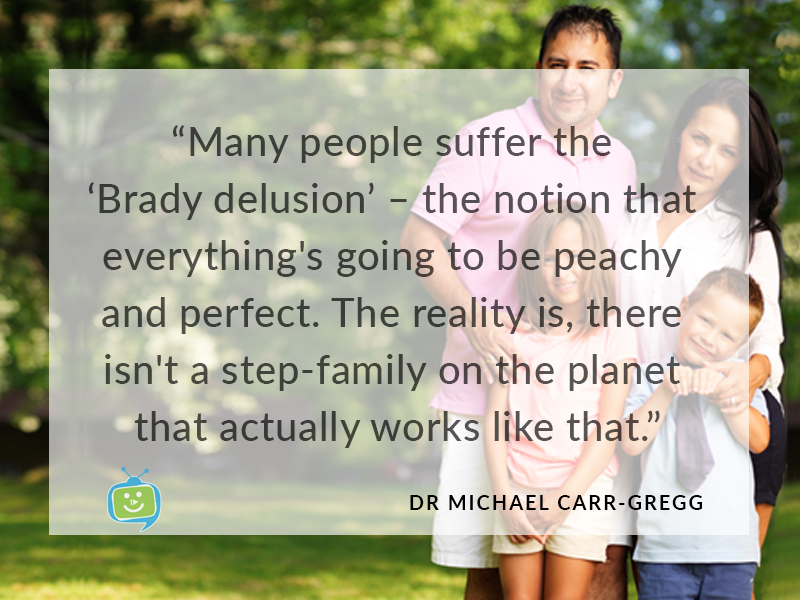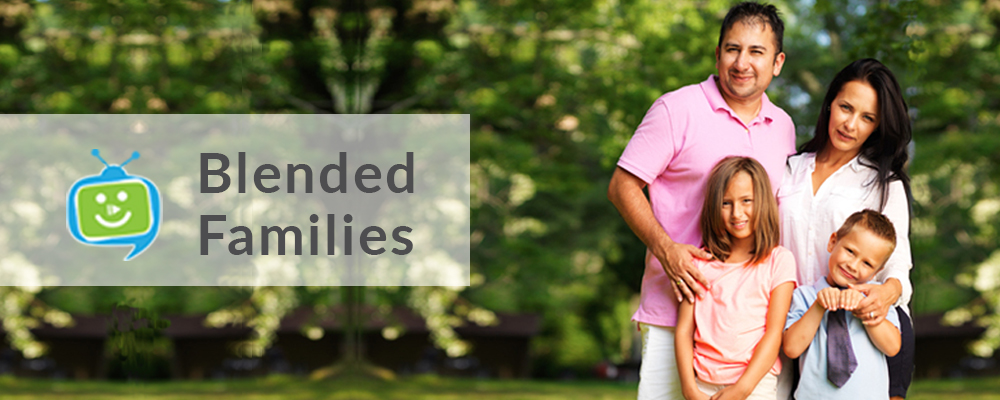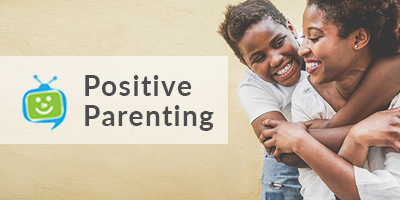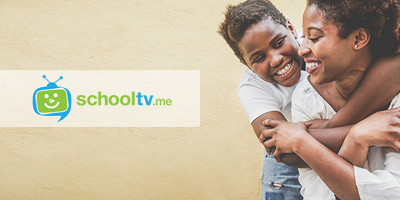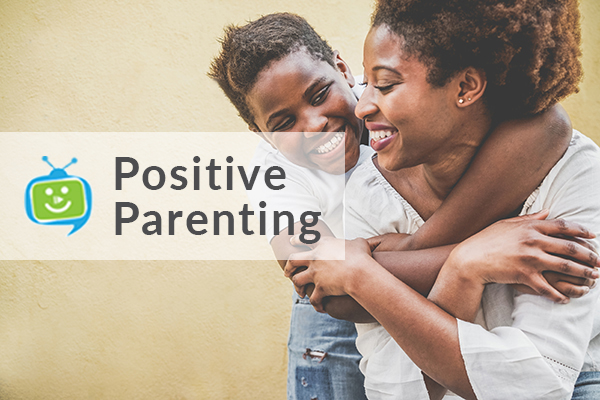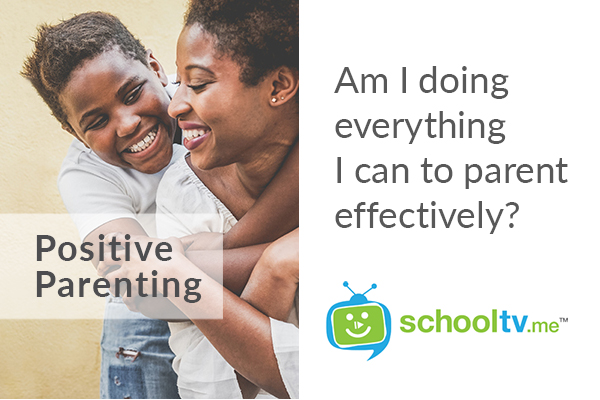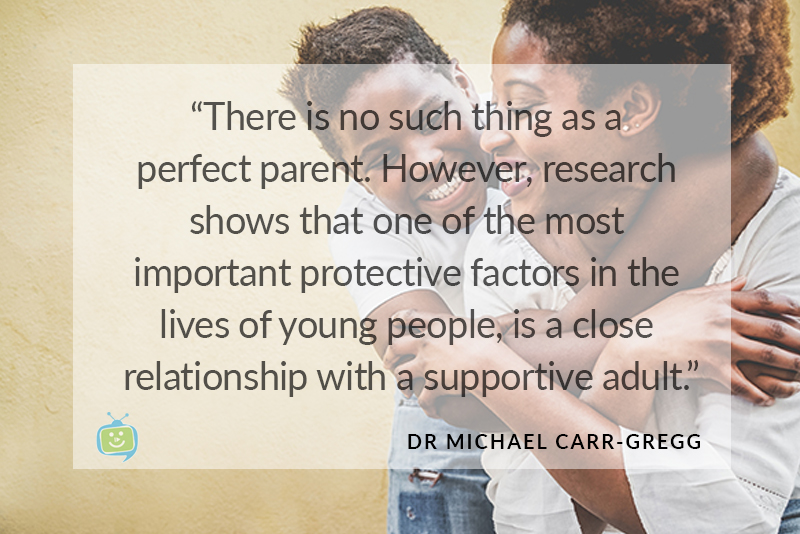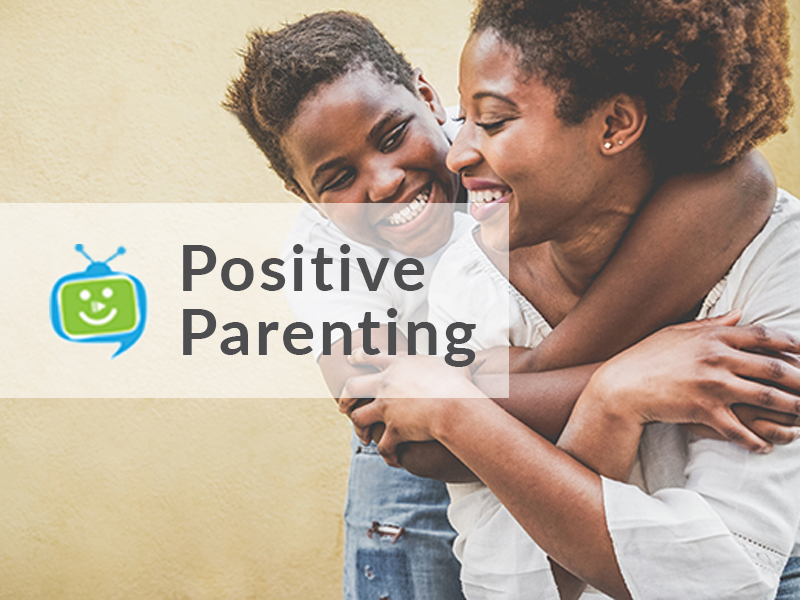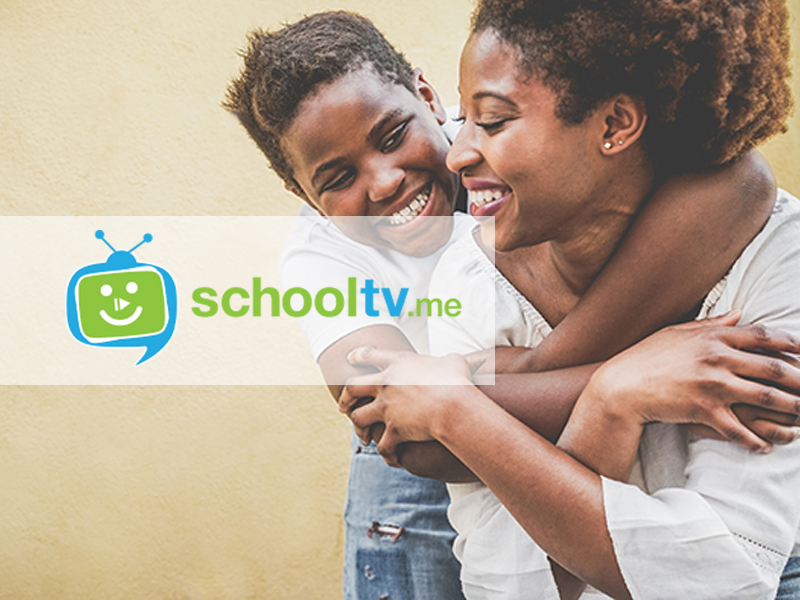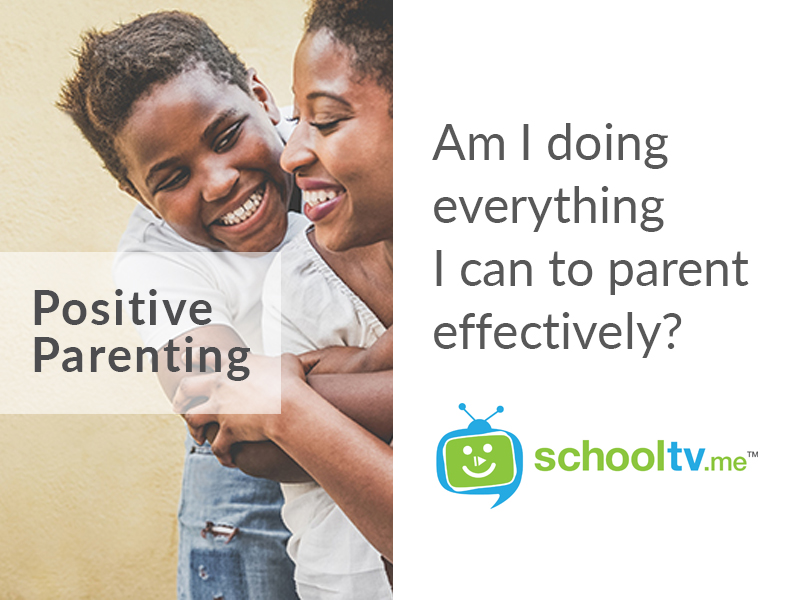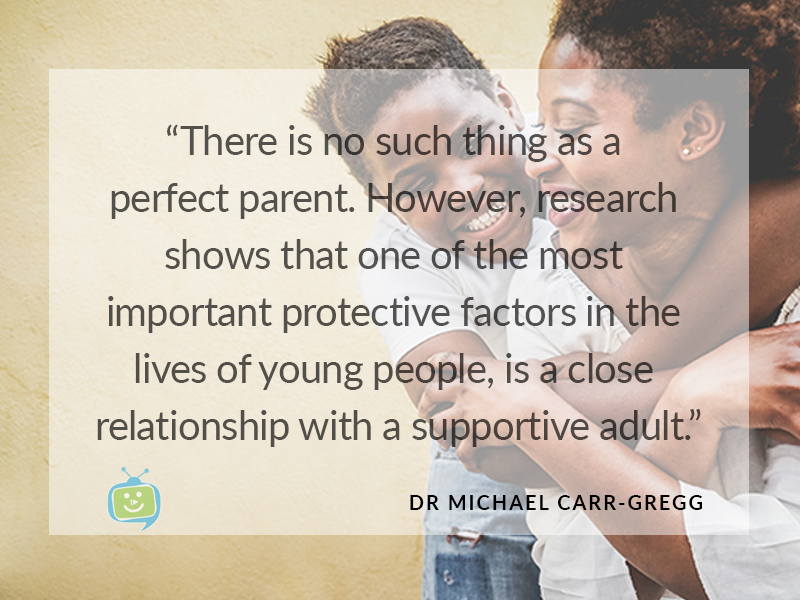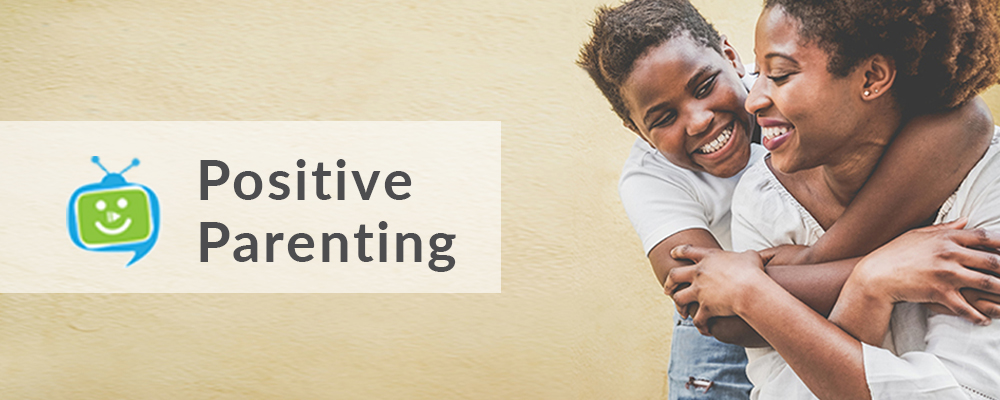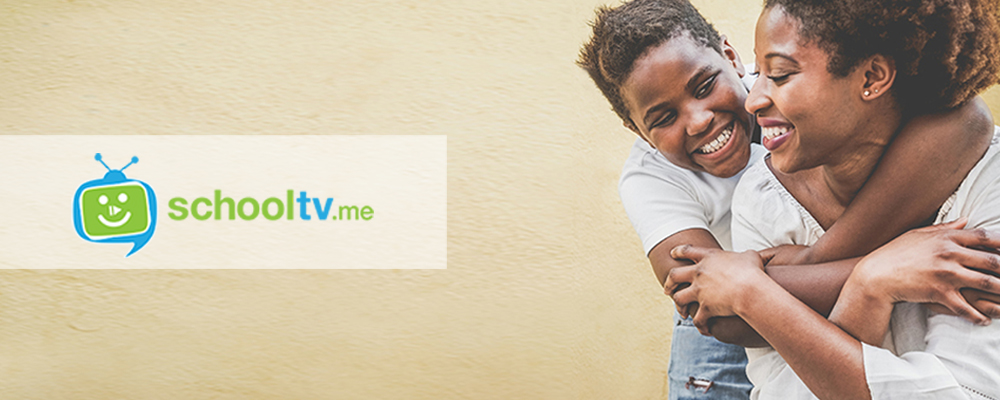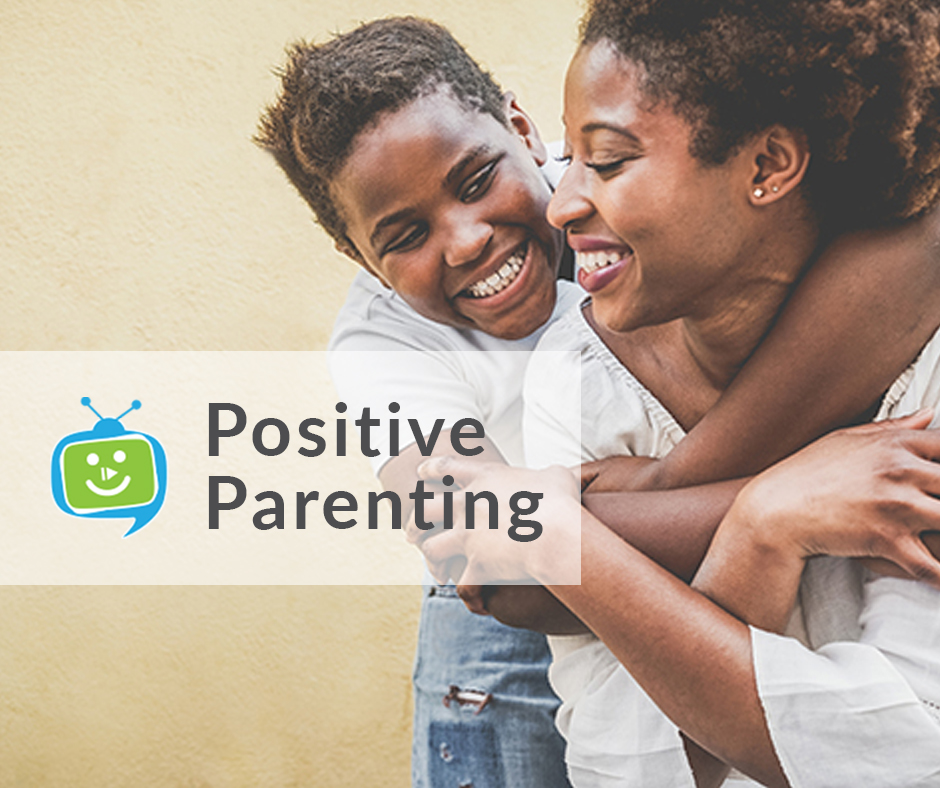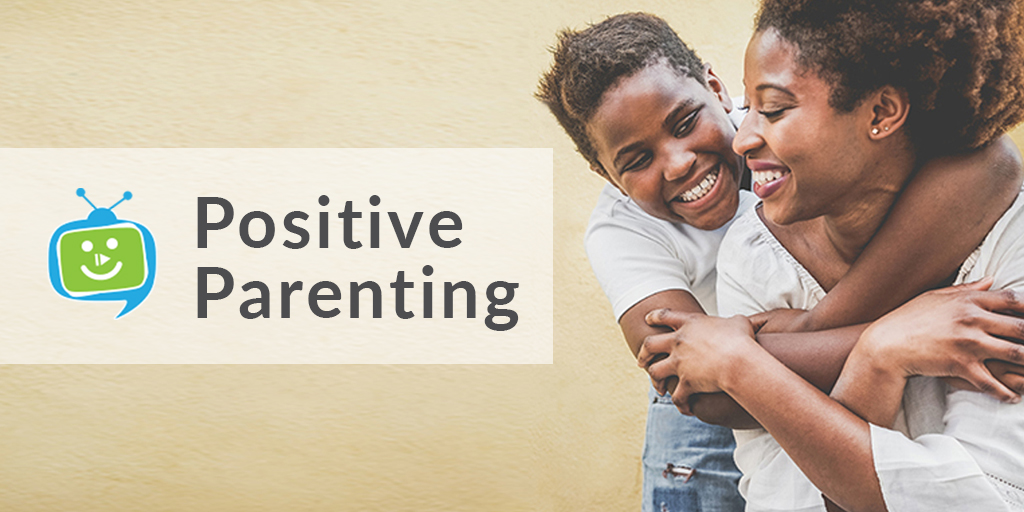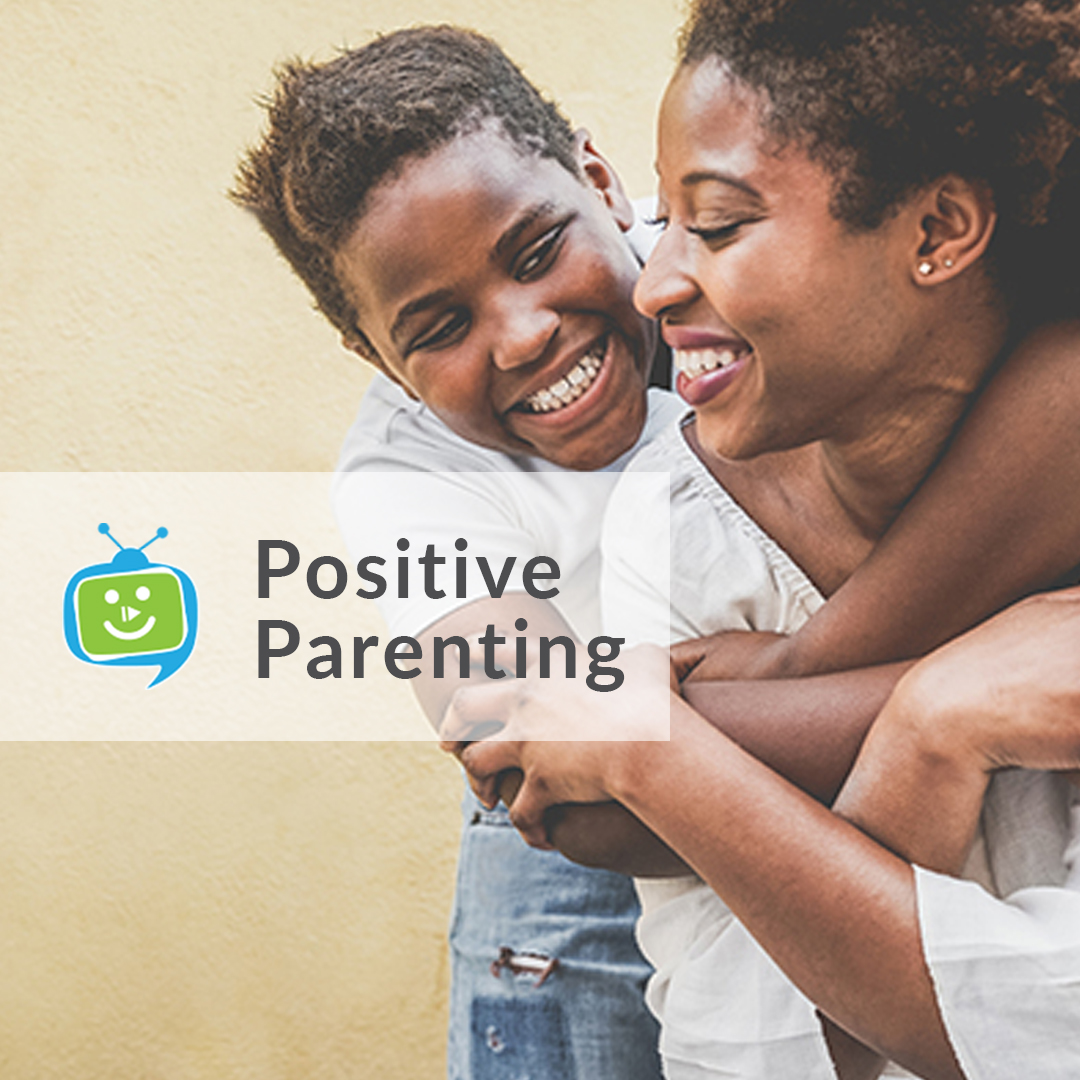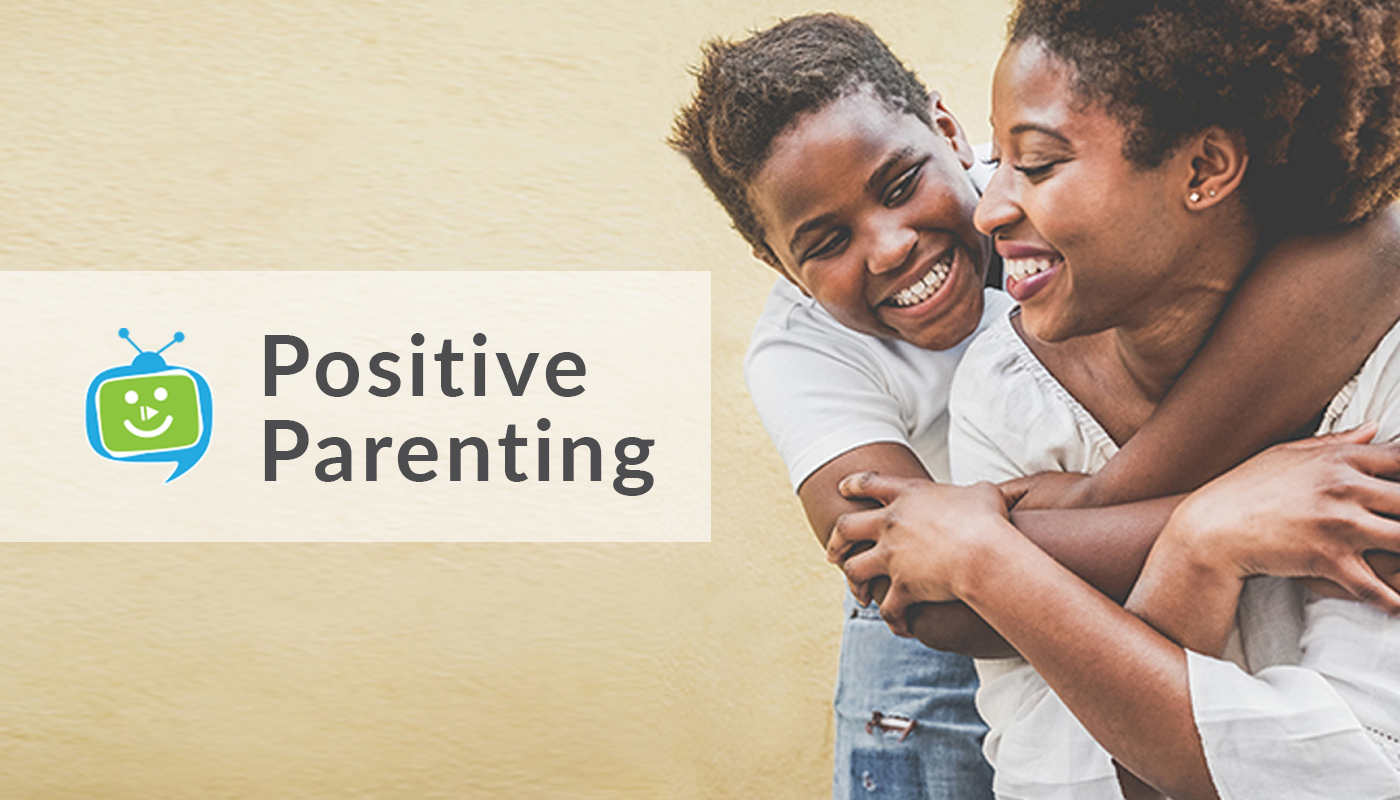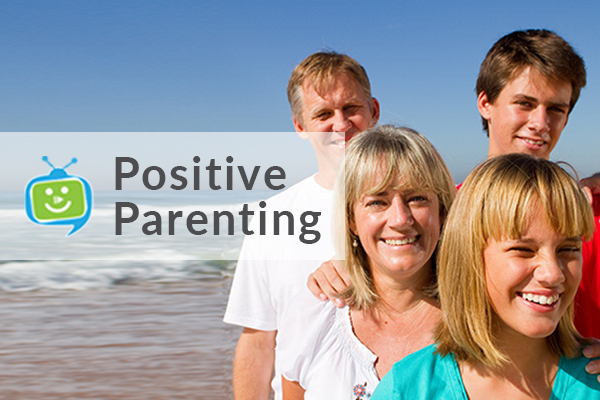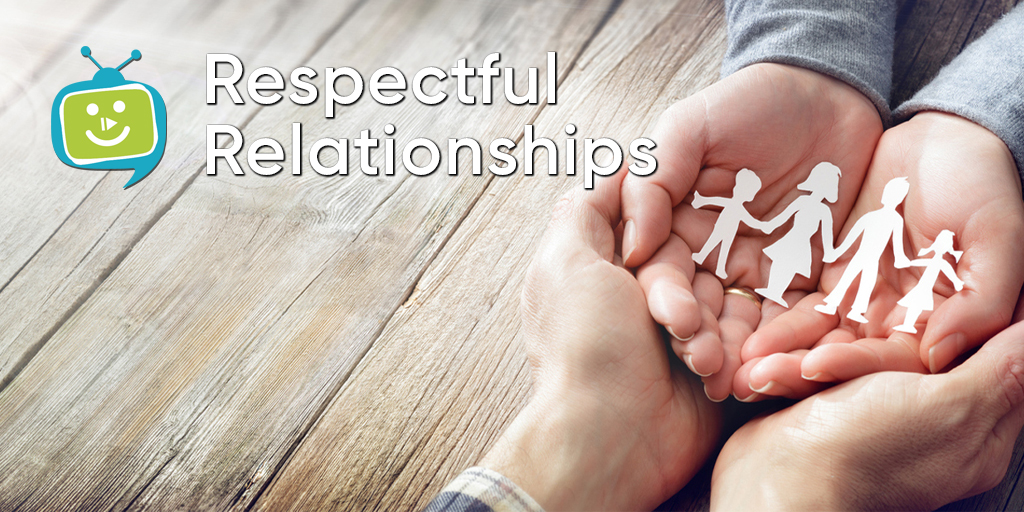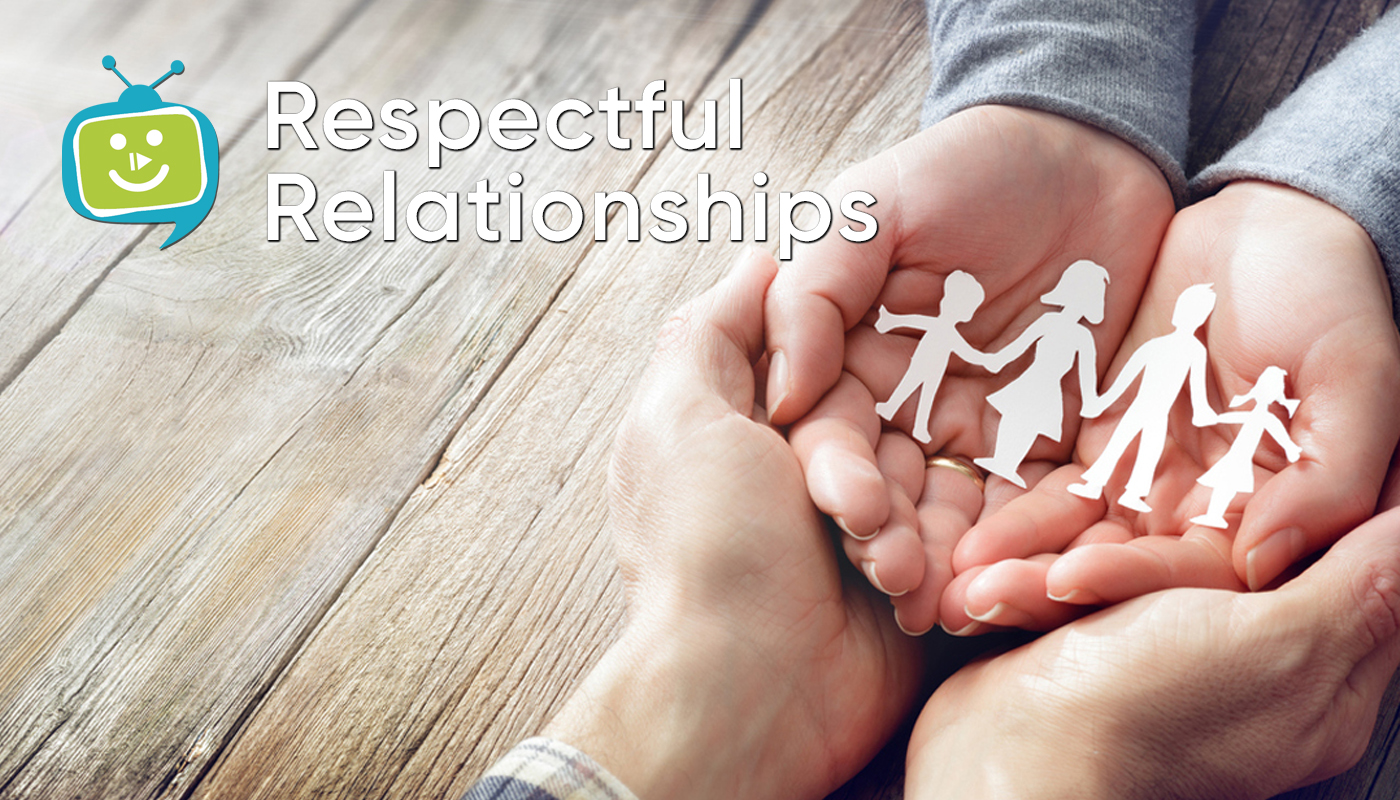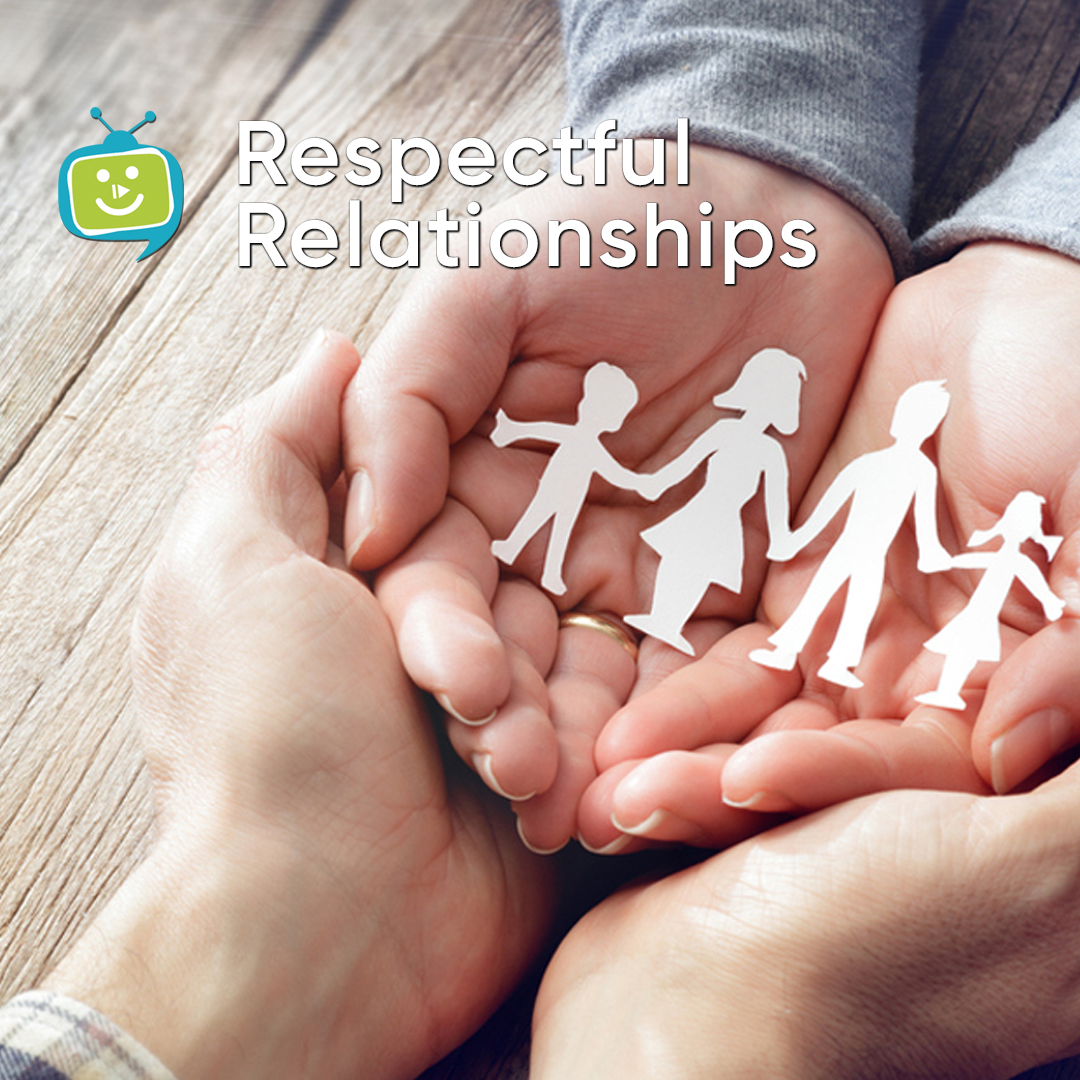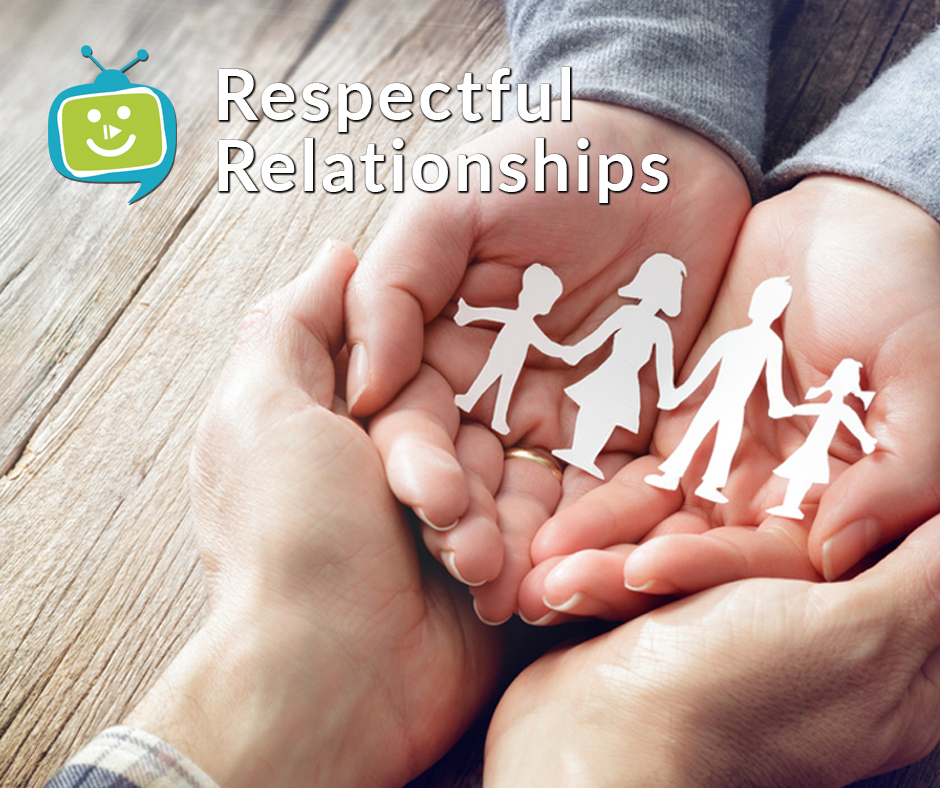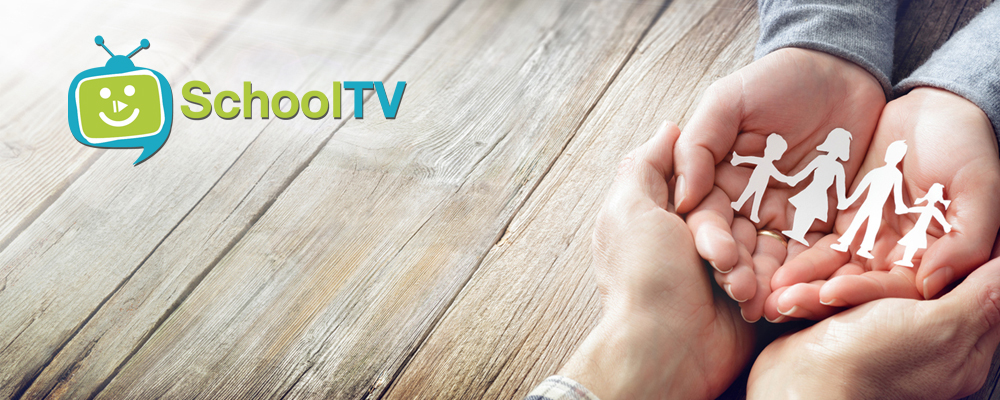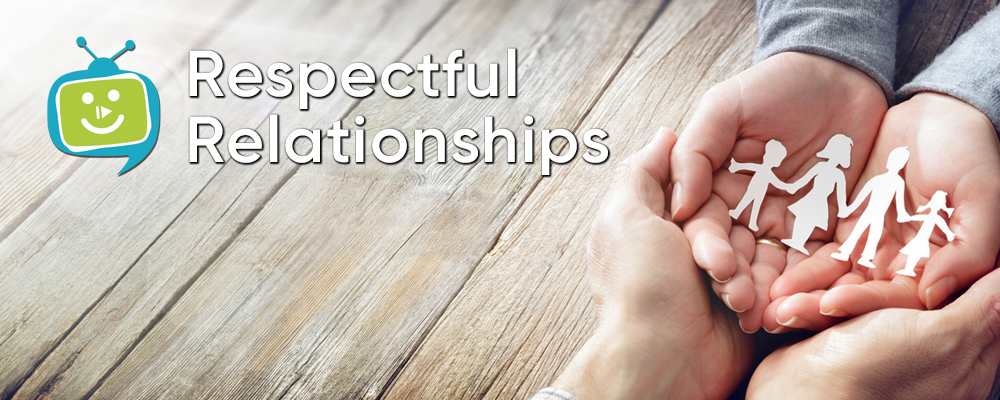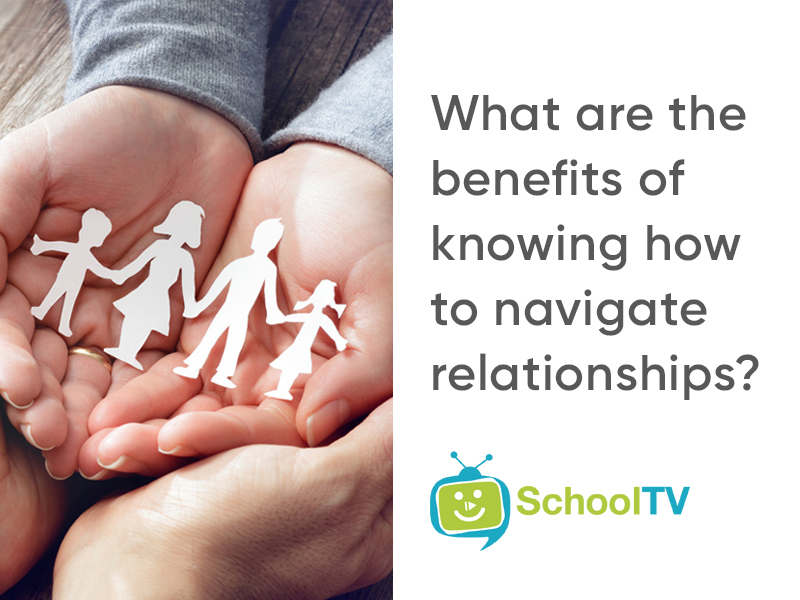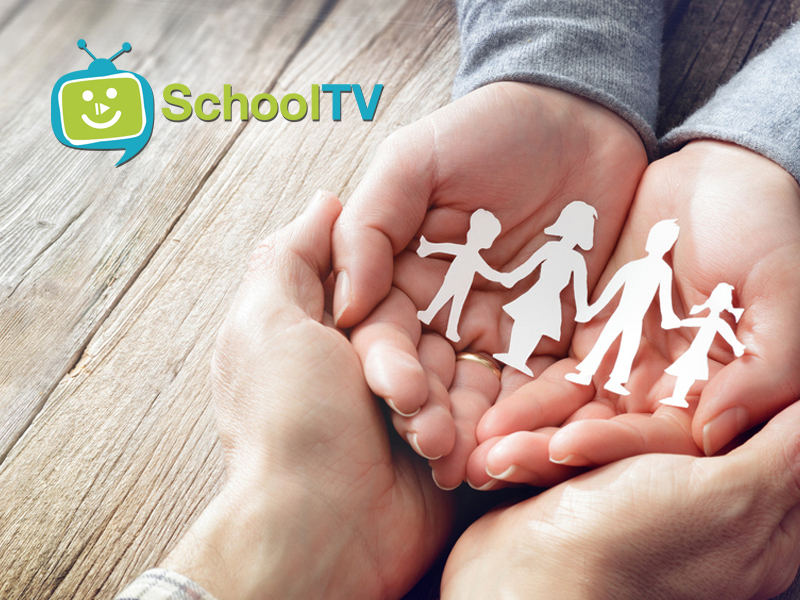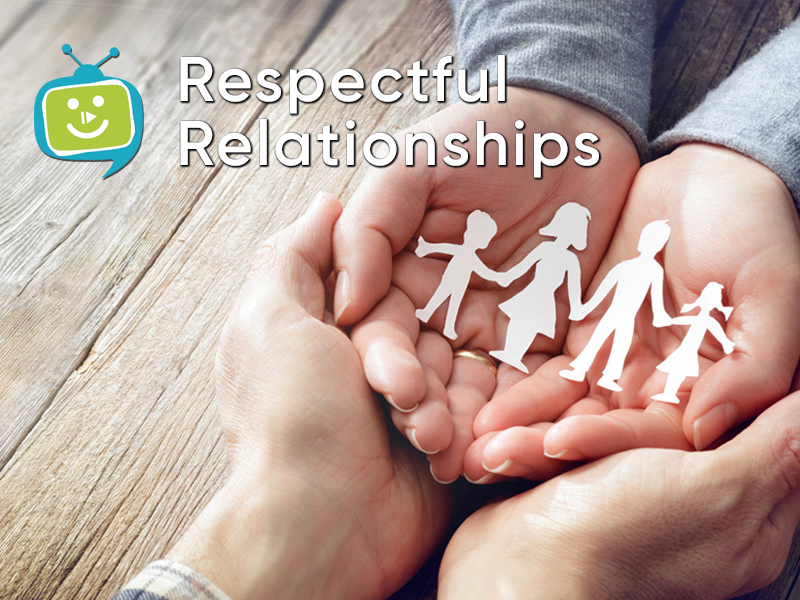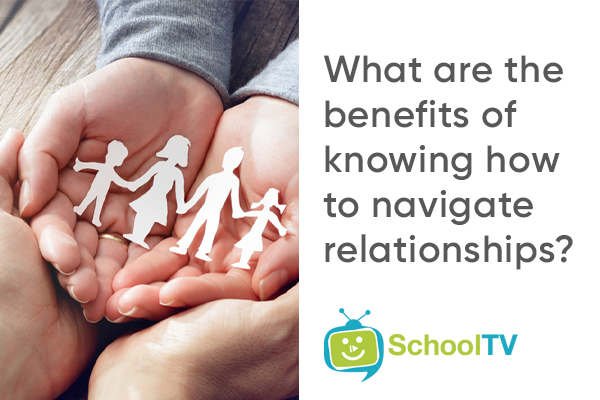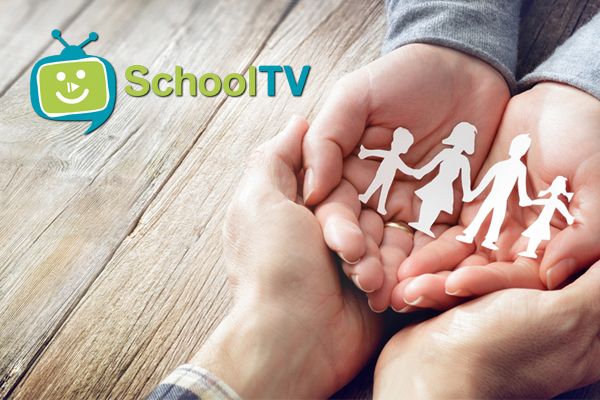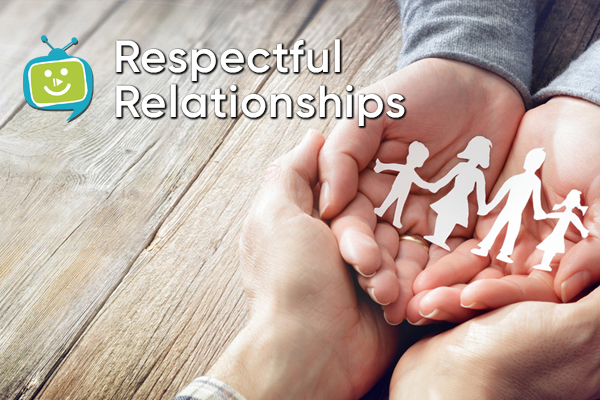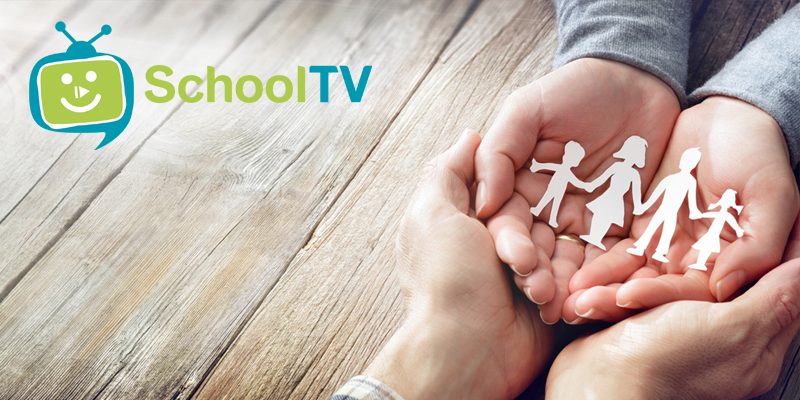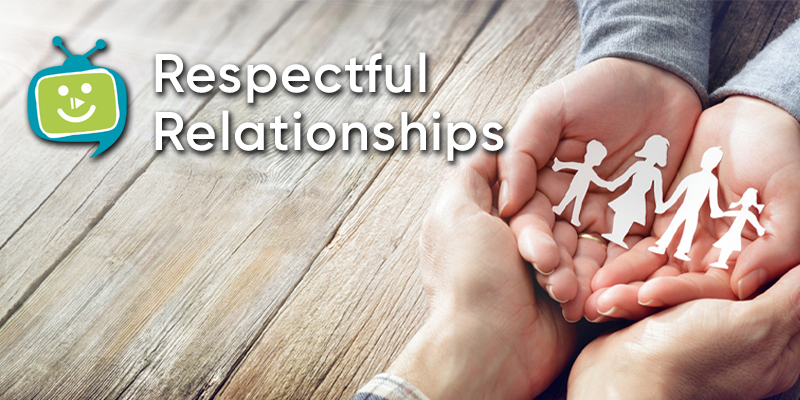
Positive Parenting Series
Despite the best efforts of parents around the world, the reality is, there is no such thing as the ‘perfect parent’. However, arming yourself with the right information is a good start!
Research shows, that one of the most important protective factors in the lives of young people, is a close relationship with a supportive adult. With the mental health of today’s young people being at an all-time low, it is simply not enough to parent effectively. Parents need to familiarise themselves with practical skills, knowledge and strategies when it comes to raising children.

Topic: Sibling Relationships
In this edition of SchoolTV - Sibling Relationships
Sibling relationships are often a child's first and longest-lasting social connection. These bonds can offer companionship, support and opportunities to develop important life skills such as empathy, negotiation and conflict resolution. However, like all close relationships, sibling dynamics can be complex. Differences in temperament, age, needs and parental attention can all contribute to tension or rivalry. It's not uncommon for children to compete for attention, especially during times of change or stress.
As a parent or caregiver, your role in shaping the tone of sibling relationships is vital. Creating a home environment that celebrates each child's unique strengths and avoids direct comparisons helps reduce rivalry and fosters mutual respect.
By listening without judgement, teaching emotional regulation, and supporting each child's individuality, you can create a family culture where siblings feel secure and valued. This edition of SchoolTV offers insights to support young people in developing positive, lasting sibling bonds that can remain strong well into adulthood.
We hope you take time to reflect on the information offered in this edition of SchoolTV and we always welcome your feedback. If you have any concerns about your child, please contact the school counsellor for further information or seek medical or professional help.
Here is the link to the Sibling Relationships edition of SchoolTV
https://schooltv.me.uk/newsletter/sibling-relationships

Topic: Confidence & Motivation
In this edition of SchoolTV - Confidence & Motivation
Building confidence and motivation in young people is essential for their overall wellbeing and is a key aspect of their development. These qualities can have a lasting impact on their success and happiness. Confidence helps children believe in their abilities and face challenges with a positive attitude, while motivation drives their desire to learn, explore, and achieve their goals.
Fostering these traits involves creating an environment that encourages children to take risks, learn from their mistakes, and celebrate their achievements. Confidence is built when children feel capable and valued, while motivation is fuelled by the belief that their efforts will lead to growth and success. By actively supporting both, we can help young people thrive in the academic, social, and personal areas of their life.
By offering positive reinforcement, setting realistic expectations, and celebrating their efforts, we can model a positive mindset that can go a long way in helping young people develop both confidence and motivation. Nurturing these qualities, will help them grow into self-assured individuals who believe in their ability to succeed, setting the foundation for a fulfilling future.
In this edition of SchoolTV, discover how to provide opportunities for autonomy and support your child in persevering through challenges.
We hope you take time to reflect on the information offered in this edition of SchoolTV and we always welcome your feedback. If you have any concerns about your child, please contact the school counsellor for further information or seek medical or professional help.
Here is the link to the Confidence & Motivation edition of SchoolTV
https://schooltv.me.uk/newsletter/confidence-motivation

Topic: Understanding Adolescence
In this edition of SchoolTV - Understanding Adolescence
Adolescence is the transitional stage of development that is usually associated with the teenage years. In 2018, the Australian Curriculum Assessment Authority, redefined adolescence as affecting young people aged between 10-24 years. During this time, they experience rapid physical, cognitive and psychosocial growth which affects how teenagers feel, think, make decisions and interact with the world around them.
During adolescence, a child's brain can be considered as being “under-construction”. The rate at which this progresses will vary depending on the individual and also their gender. As a result, some parents may view adolescence as stressful or difficult. However, it does not need to be. Setting boundaries, implementing consistent monitoring and maintaining a strong and loving connection will help families adjust during this time.
It is also an important time to keep the communication lines open through clear and age appropriate conversations. Speak openly about changes that they are experiencing and be conscious of their mental health as many of the conditions people confront in adulthood, can begin to manifest in adolescence.
In this edition of SchoolTV, adult carers can learn how to guide and best support their young person as they transition through adolescence.
We hope you take time to reflect on the information offered in this edition of SchoolTV and we always welcome your feedback. If you have any concerns about your child, please contact the school counsellor for further information or seek medical or professional help.
Here is the link to the Understanding Adolescence edition of SchoolTV
https://schooltv.me.uk/newsletter/understanding-adolescence
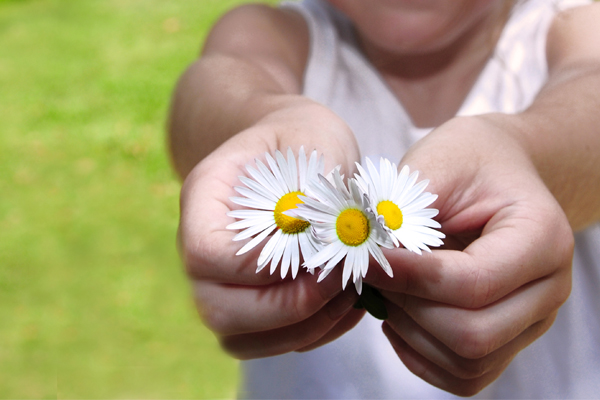
Topic: Friendship & Belonging
In this edition of SchoolTV - Friendship & Belonging
Learning how to make new friends and keep them involves a number of skills every young person needs to understand and develop. For some these skills will come very naturally, allowing them to easily move between different friendship groups, sharing their experiences and opening up to new people. For others, this can be much harder to navigate. Belonging to a group that is like-minded with similar interests is highly beneficial to a young person’s wellbeing. It gives them a sense of security helping them feel valued which in turn builds their confidence.
Positive friendships are an important part of the journey to adulthood. Adult carers can support their child or teenager by providing guidance in the many social and emotional skills required for a healthy relationship. This will help them to obtain, retain and maintain friendships. However, not all friendship are regarded as positive. Sometimes young people develop negative or toxic friendships. Therefore it is also important for them to learn how to identify, avoid or deal with such a friendship.
In this edition of SchoolTV, adult carers can learn how to support their young person’s friendship so that they experience a sense of belonging.
We hope you take time to reflect on the information offered in this edition of SchoolTV and we always welcome your feedback. If you have any concerns about your child, please contact the school counsellor for further information or seek medical or professional help.
Here is the link to the Friendship & Belonging edition of SchoolTV
https://schooltv.me.uk/newsletter/friendship-belonging

Topic: Raising Girls
In this edition of SchoolTV - Raising Girls
Raising girls in today’s modern world can be a difficult path for parents and carers to navigate. These days, girls are transitioning to puberty a lot earlier than they used to and the physical, psychological and emotional changes they experience are challenging. As a result, by mid-adolescence, girls are twice as likely to develop mood disorders more so than boys.
Some parents and carers may feel uncertain about how best to support their daughter through the ups and downs of adolescence and how to keep the lines of communication open. With the rise of social media and technology, mental health difficulties in girls are increasing as often they are faced with online images that make it difficult to see themselves as acceptable. Ensuring a daughter’s opinions are heard and her views listened to, will go a long way towards making her feel loved and supported as she tries to establish her own identity.
In this edition of SchoolTV, adult carers will attain a clearer picture of what girls are wanting from their adult carers and how best to support them through adolescence.
We hope you take time to reflect on the information offered in this edition of SchoolTV and we always welcome your feedback. If you have any concerns about your child, please contact the school counsellor for further information or seek medical or professional help.
Here is the link to the Raising Girls edition of SchoolTV
https://schooltv.me.uk/newsletter/raising-girls

Topic: Raising Boys
In this edition of SchoolTV - Raising Boys
Many parents will attest to the fact that most boys are active, loud, rambunctious and prone to rough play, but this should not affect how a parent acts towards their son. Be careful not to pigeon-hole your son into sex-specific behaviours or gender roles. The male brain is distinctly different in its development. A boy’s physical maturity is often at odds with his mental and brain development.
Societal beliefs about how to raise boys can sometimes influence their adult carers. Although we are not determined by our biology, it is a factor. It is important to support boys in their natural tendencies and nurture their strengths and abilities. Teach them the skills they need for their future and to develop a healthy identity. It is important for boys to have a role model they can connect with and acknowledge who they are. One of the most important determinants for a boy’s development is how secure they feel growing up.
In this edition of SchoolTV, adult carers will gain a better understanding into some of the more complex issues relating to raising boys.
We hope you take time to reflect on the information offered in this edition of SchoolTV and we always welcome your feedback. If you have any concerns about your child, please contact the school counsellor for further information or seek medical or professional help.
Here is the link to the Raising Boys edition of SchoolTV
https://schooltv.me.uk/newsletter/raising-boys

Topic: Happiness & Gratitude
In this edition of SchoolTV - Happiness & Gratitude
Happiness is a term that captures a huge variety of positive emotions such as humour, serenity, optimism, joy, pride, inspiration, love and hope. Happiness means different things, to different people and is essential to your understanding of emotional literacy. Throughout history, philosophers, religious writers and poets have pondered on the meaning of happiness and how it might be achieved. In the last few decades, scientists and psychologists have researched this further by studying a field of science called positive psychology.
The result of this research suggests there is a strong correlation between gratitude and greater happiness. Practising gratitude helps you shift your focus to positive memories or experiences, noticing the good in your life. Over time, this will re-wire your brain to create new neural pathways, increase your state of happiness and overall wellbeing.
In this edition of SchoolTV, parents and care-givers will learn how to achieve happiness and the benefits of practising gratitude.
We hope you take time to reflect on the information offered in this edition of SchoolTV and we always welcome your feedback. If you have any concerns about your child, please contact the school counsellor for further information or seek medical or professional help.
Here is the link to the Happiness & Gratitude edition of SchoolTV
https://schooltv.me.uk/newsletter/happiness-gratitude

Topic: Resilience
In this edition of SchoolTV - Resilience
Resilience is one of those skills that all kids need and should have. It refers to their ability to cope and adapt in situations when confronted with challenges such as adversity, trauma, tragedy, or even stress. It is essential to their mental health and wellbeing as part of their journey to adulthood. It is a skill that can be learned from an early age through the support of an adult role model.
However, being resilient does not mean your child won't experience any difficulties, but it will better equip them to manage those situations. Over-protective parenting can be viewed as being unhelpful towards the building of resilience. Although this may be a natural instinct, potentially experiencing failure is all part of the process. Encouraging children to take healthy risks will help them trust their capacity to deal with uncomfortable situations and increase their capacity for courage.
In this edition of SchoolTV, parents will gain an understanding of how to support their child’s brave behaviour to help them adapt and build resilience.
We hope you take time to reflect on the information offered in this edition of SchoolTV and we always welcome your feedback. If you have any concerns about your child, please contact the school counsellor for further information or seek medical or professional help.
Here is the link to the Resilience edition of SchoolTV
https://schooltv.me.uk/newsletter/resilience

Topic: Blended Families
In this edition of SchoolTV - Blended Families
Blended or stepfamilies, come in all shapes and sizes. Today, the term “blended family” is more commonly used as opposed to “stepfamily”. Although their original meanings differ slightly, today both terms are used interchangeably. This is mostly due to some of the negative connotations associated with fairytale characters such as the evil stepmother or stepsister.
The blended family is the fastest growing family dynamic in the world with one in five families now being a ‘step’ or ‘blended’ family. However, when families “blend,” it rarely progresses smoothly. Some children resist change, and parents become frustrated when the new family doesn’t function in the same way as the previous one.
For many step-parent’s, the greatest challenge lies in determining what their role is within the family. The process can be both rewarding and challenging. Children affected by the union of a new couple may not be excited at the prospect of becoming part of a new family.
Although blending families requires adjustment and patience from everyone involved, in this edition of SchoolTV, parents will be given some guidelines of real expectations that can help their new family work through the growing pains.
We hope you take time to reflect on the information offered in this edition of SchoolTV and we always welcome your feedback. If you have any concerns about your child, please contact the school counsellor for further information or seek medical or professional help.
Here is the link to the Blended Families edition of SchoolTV
https://schooltv.me.uk/newsletter/blended-families
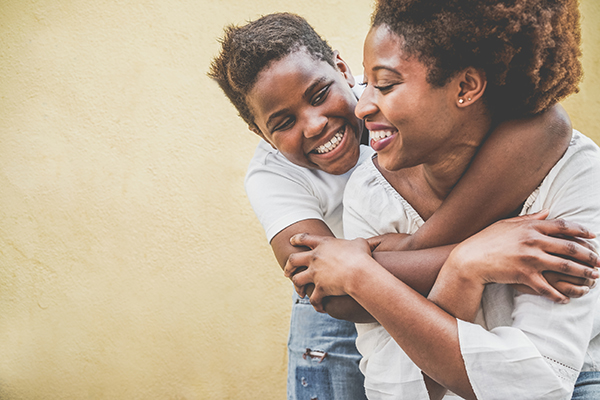
Topic: Positive Parenting
In this edition of SchoolTV - Positive Parenting
Despite the best efforts of parents around the world, the reality is, there is no such thing as the ‘perfect parent’. However, arming yourself with the right information is a good start!
Research shows, that one of the most important protective factors in the lives of young people, is a close relationship with a supportive adult. With the mental health of today’s young people being at an all-time low, it is simply not enough to parent effectively. Parents need to familiarise themselves with practical skills, knowledge and strategies when it comes to raising children.
Many parents today are over-protective, resulting in children being less independent, unable to problem-solve or self-regulate. Parents are failing to set clear boundaries, which is unfortunately making kids feeling less secure. There is too much pressure on kids today. Parents fill their days with too many activities in an effort to avoid their child’s boredom.
In this edition of SchoolTV, parents will learn what is the best approach for primary and secondary school aged children.
We hope you take time to reflect on the information offered in this edition of SchoolTV and we always welcome your feedback. If you have any concerns about your child, please contact the school counsellor for further information or seek medical or professional help.
Here is the link to the Positive Parenting edition of SchoolTV
https://schooltv.me.uk/newsletter/positive-parenting

Topic: Respectful Relationships
In this edition of SchoolTV - Respectful Relationships
Fostering a nurturing environment of respectful relationships within your family holds the key to not only harmonious living, but also improved academic outcomes for your children. As parents and caregivers, embracing the art of teaching children about respect at a young age sets the stage for a lifetime of healthy interactions and empathetic understanding. It will help cultivate a positive environment where communication flourishes, conflicts are resolved constructively, and bonds are fortified.
Teaching children to respect themselves and others will open up avenues for both personal growth and academic achievement. Fostering an environment where respect is not just a word, but a practiced behaviour, will empower young people with essential life skills. Effective communication, active listening, and the art of compromise, will provide your child with a solid foundation that will transcend family interactions and help them collaborate effectively with peers, teachers and the broader community.
Equipping children with an understanding of healthy versus unhealthy relationships is an important aspect of their development. It will guide them to make informed choices, foster positive connections, and set boundaries that contribute to their emotional wellbeing. Understanding the nuances between healthy and unhealthy relationships provides children with the essential tools to navigate their social world, build self-esteem, and cultivate meaningful relationships.
In this edition of SchoolTV, learn how to empower young people in healthy interactions to embrace differences and forge connections that honour their self-worth.
We hope you take time to reflect on the information offered in this edition of SchoolTV and we always welcome your feedback. If you have any concerns about your child, please contact the school counsellor for further information or seek medical or professional help.
Here is the link to the Respectful Relationships edition of SchoolTV
https://schooltv.me.uk/newsletter/respectful-relationships



